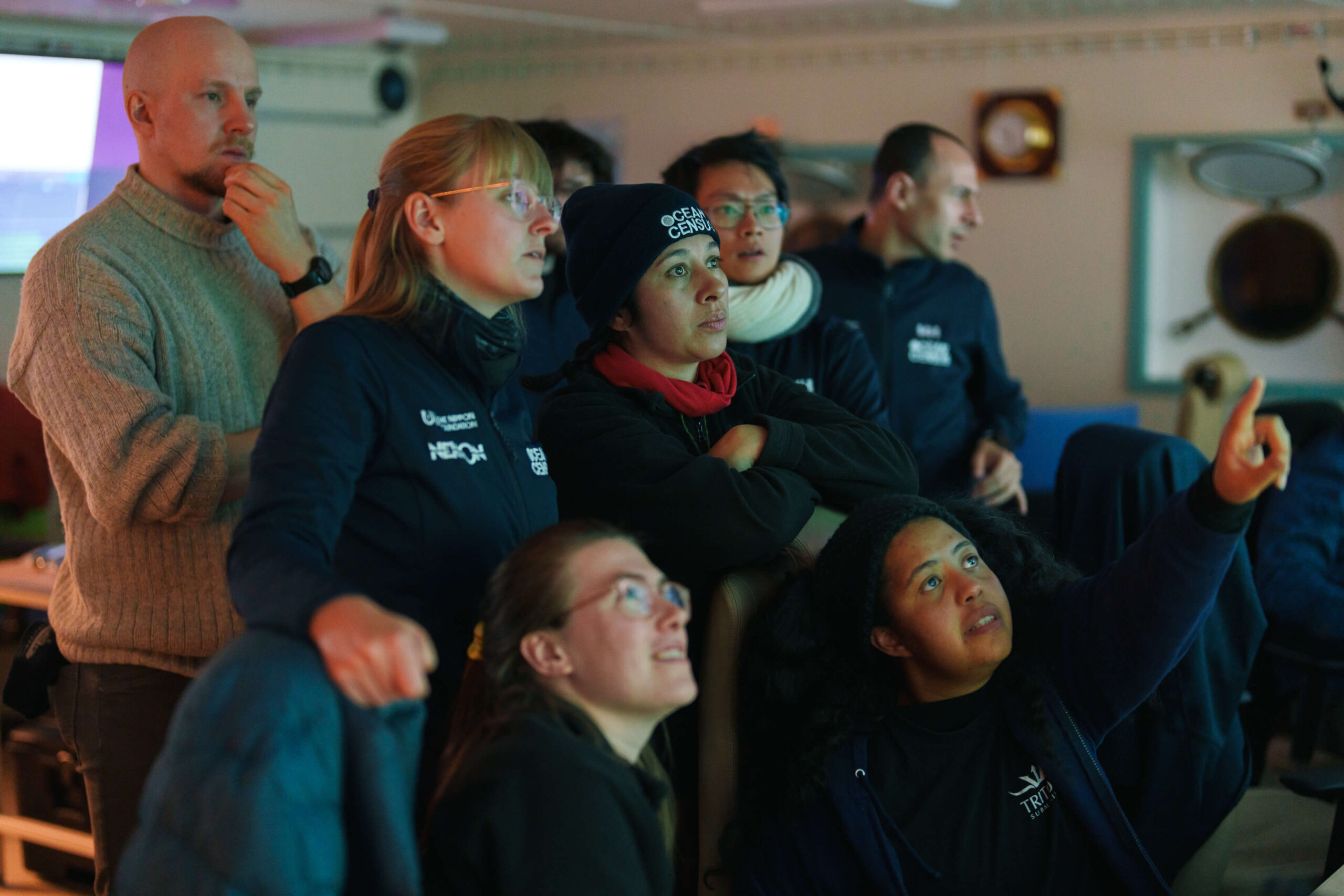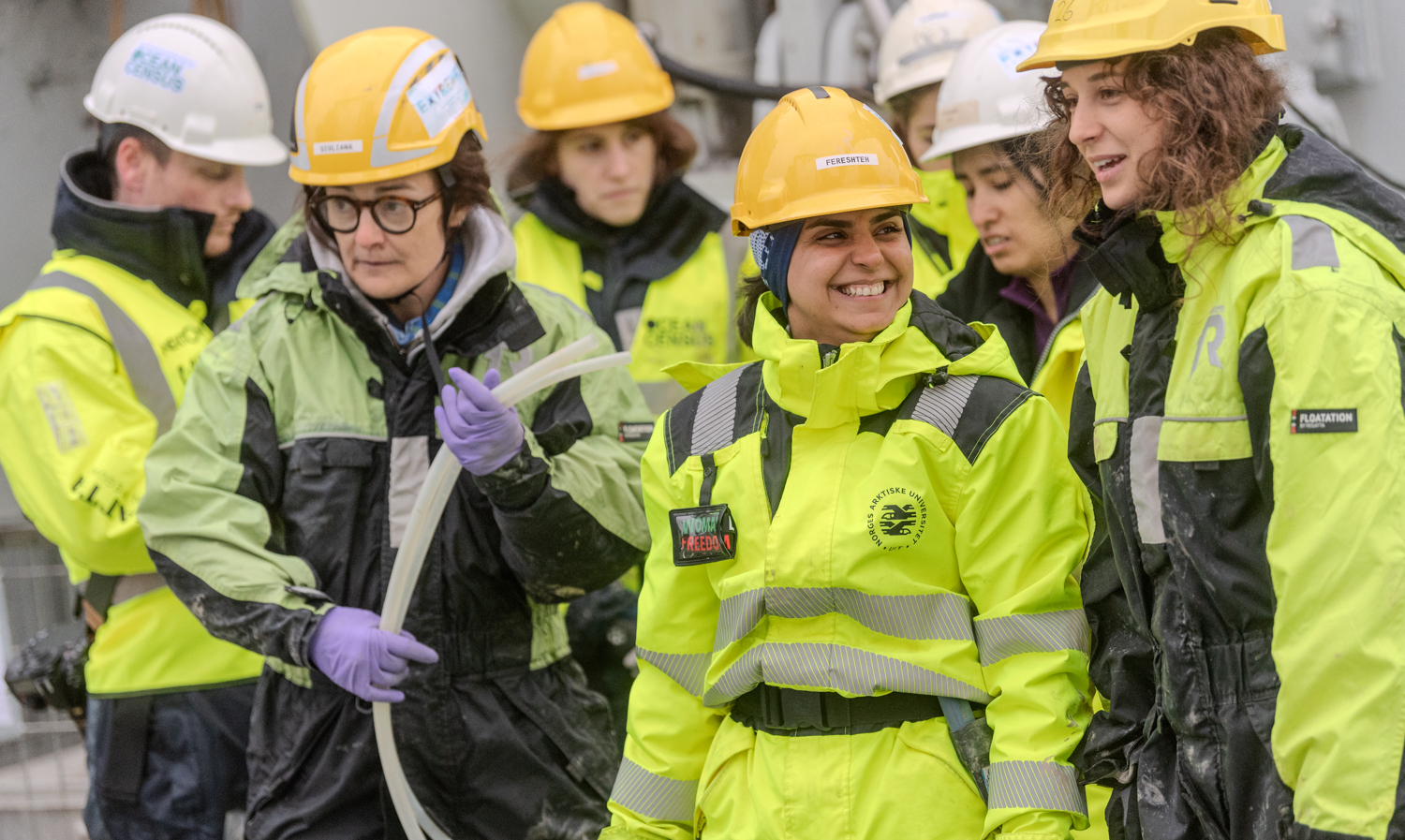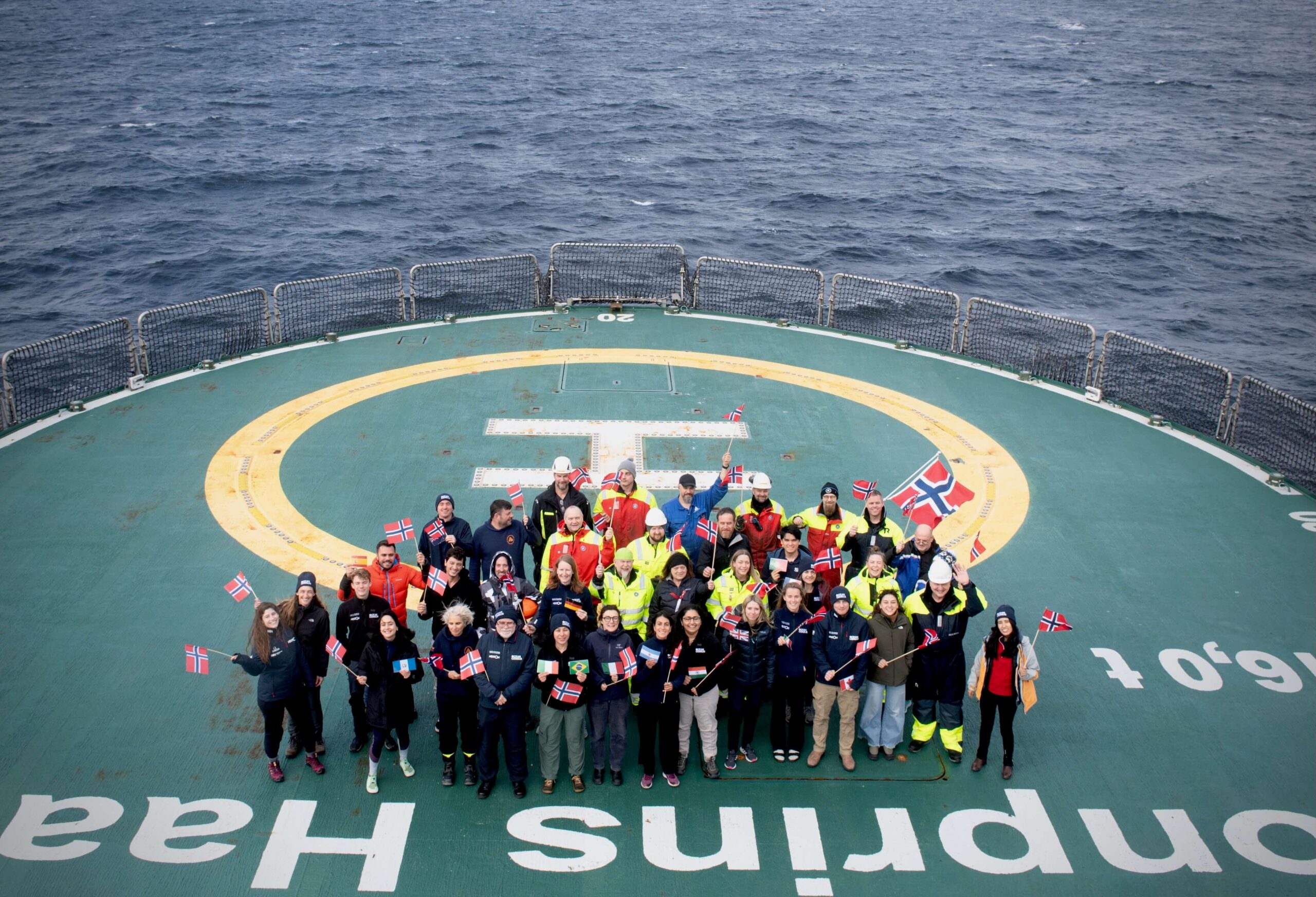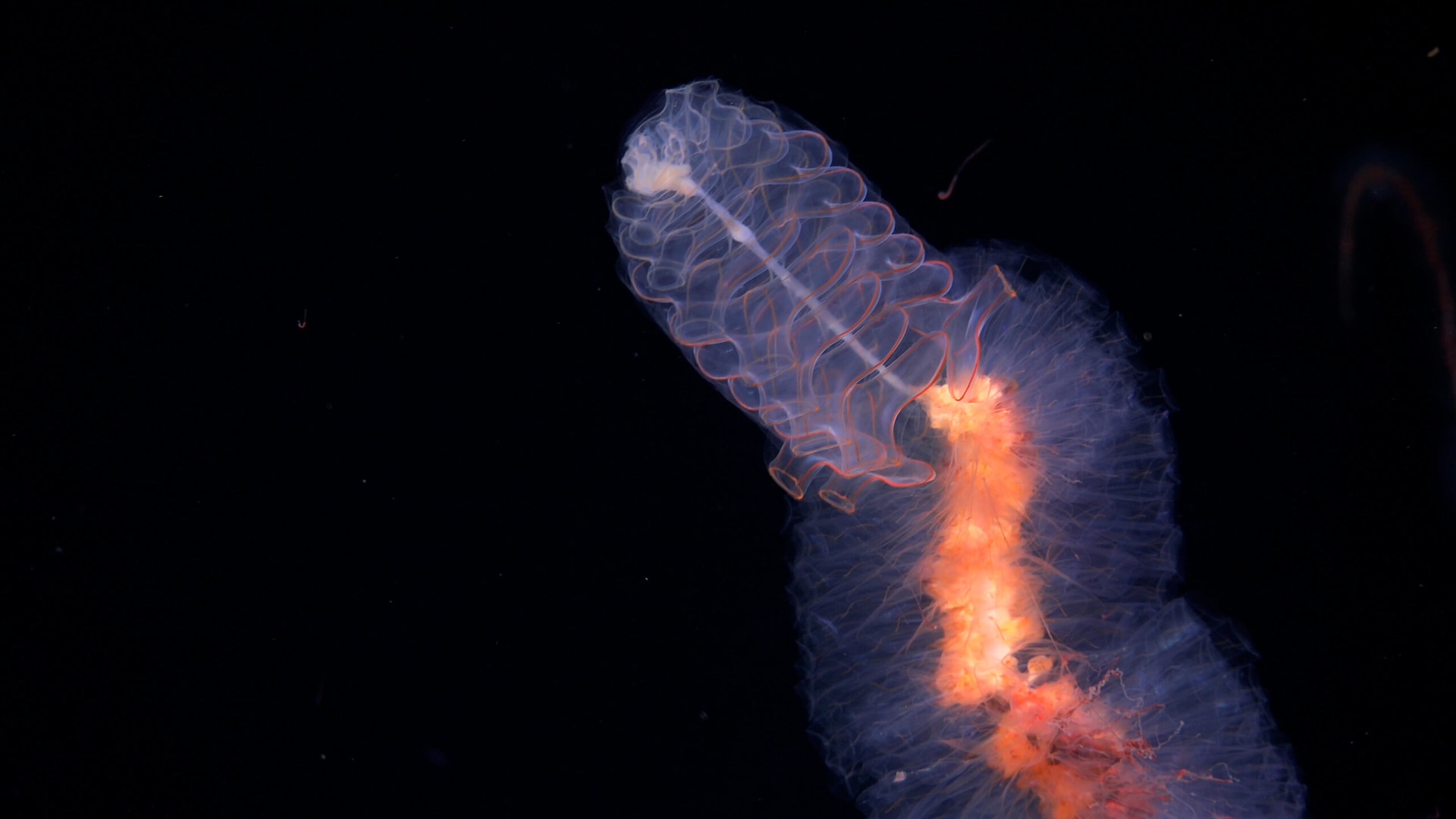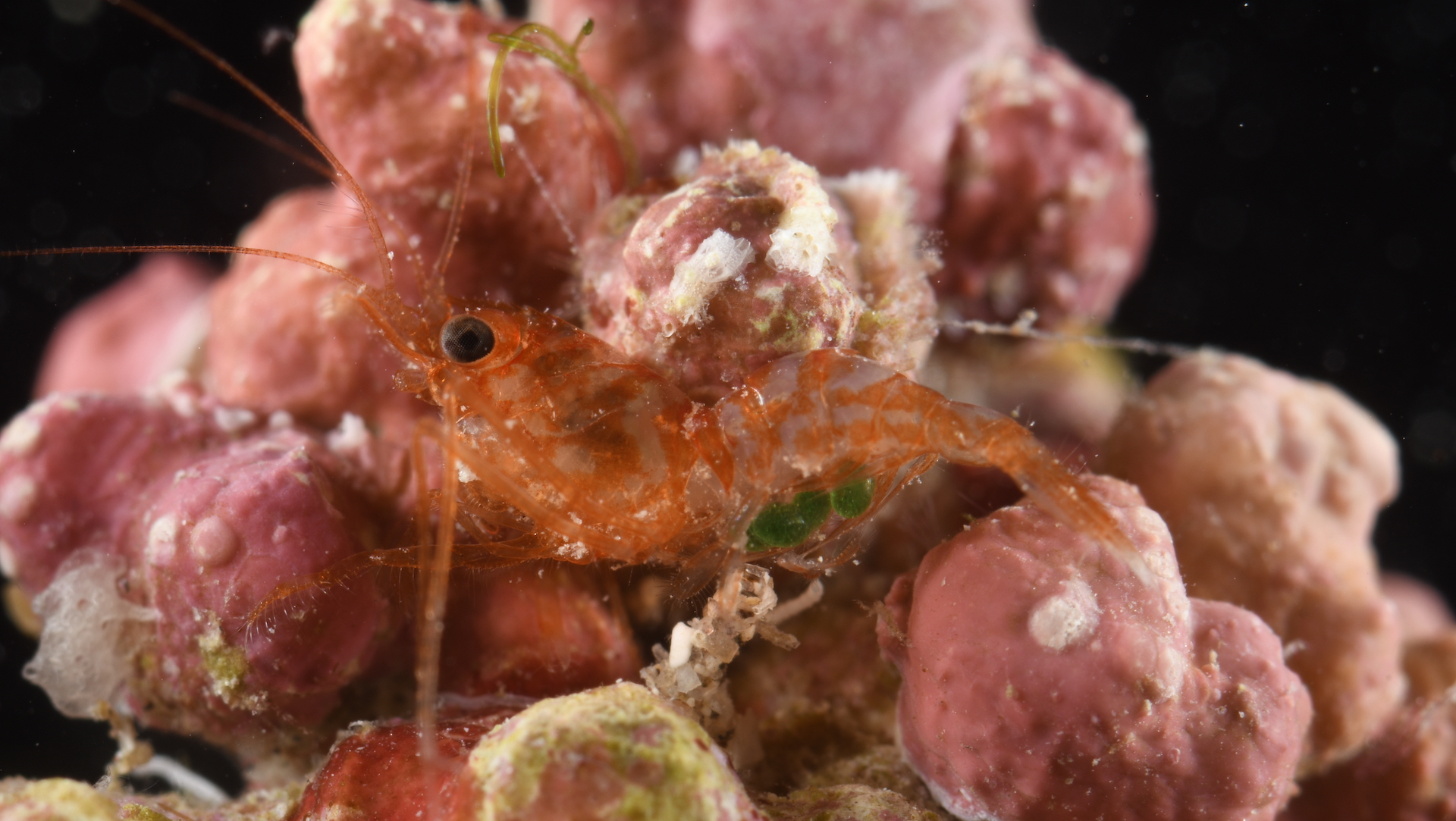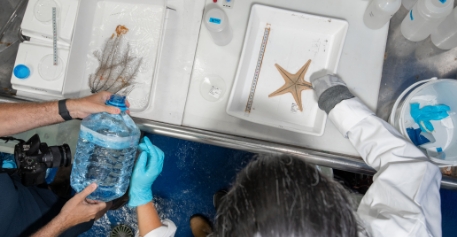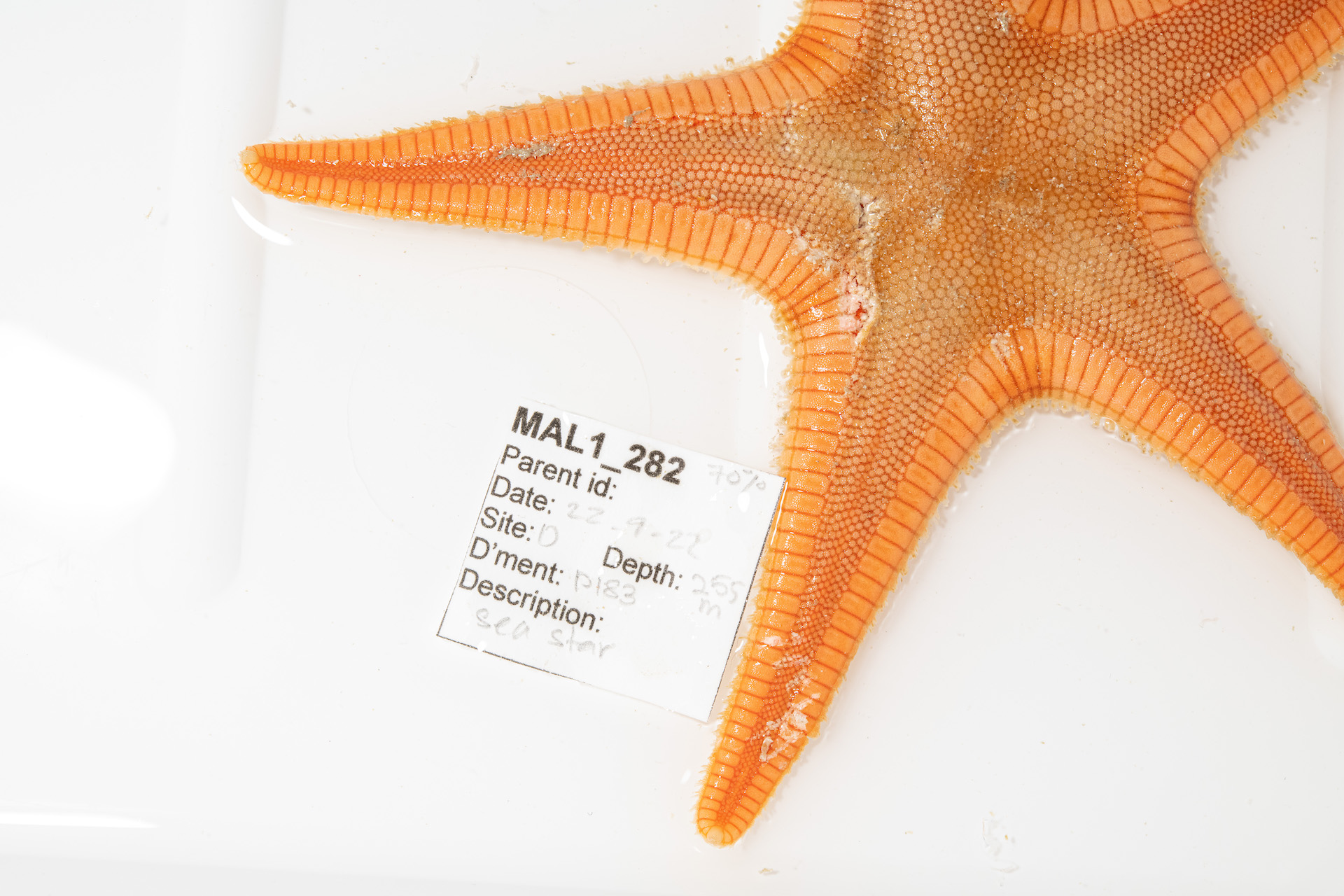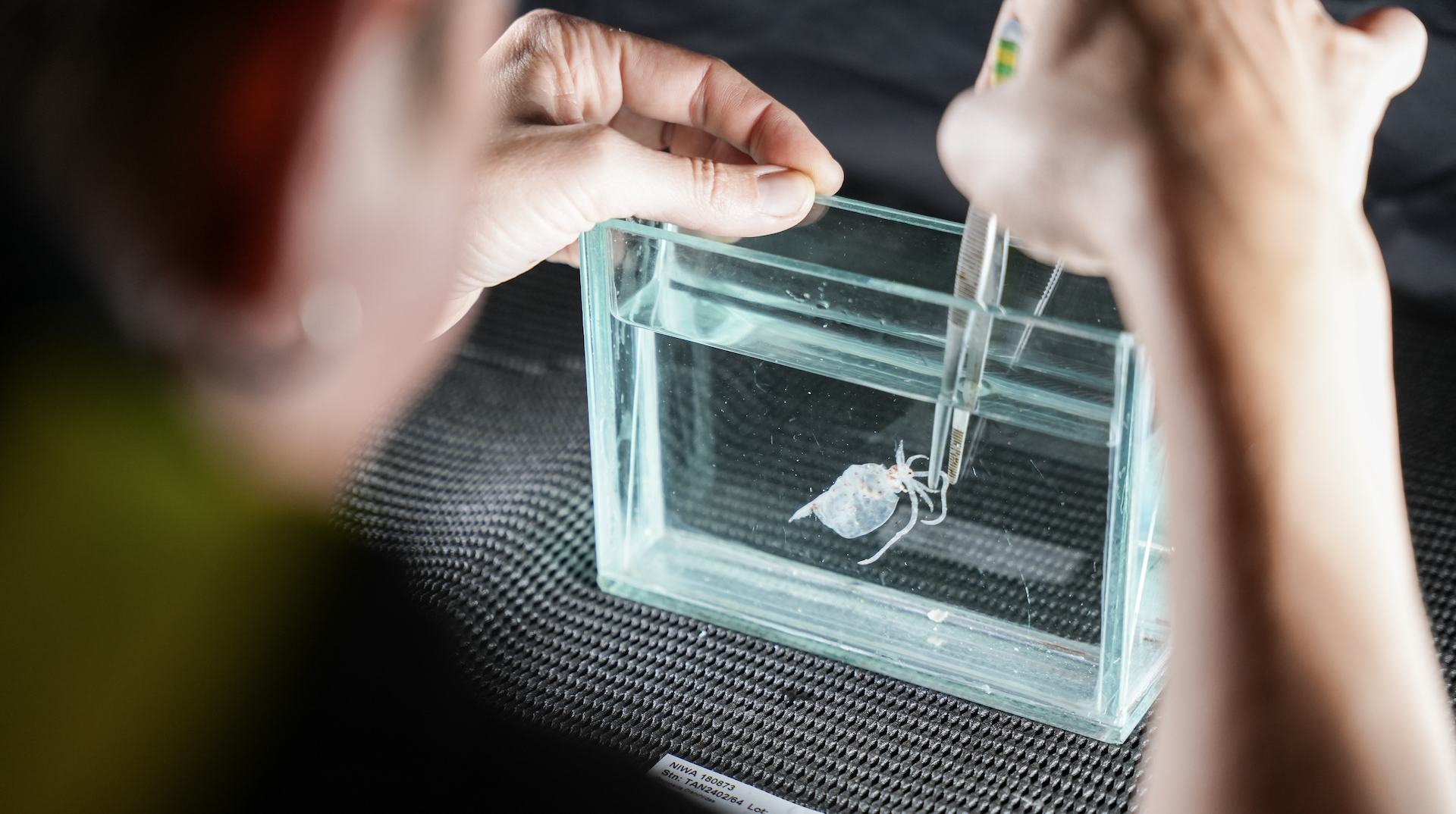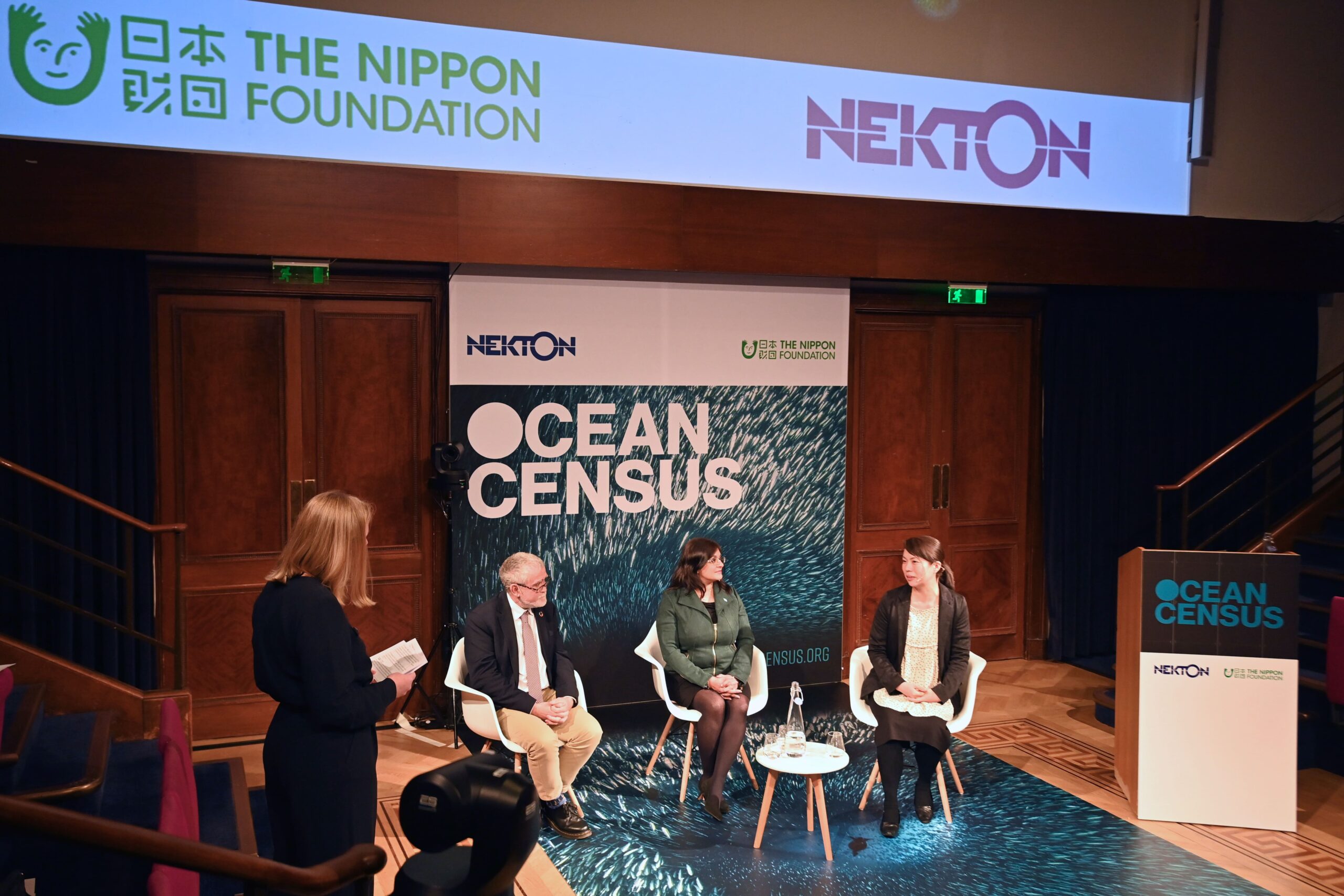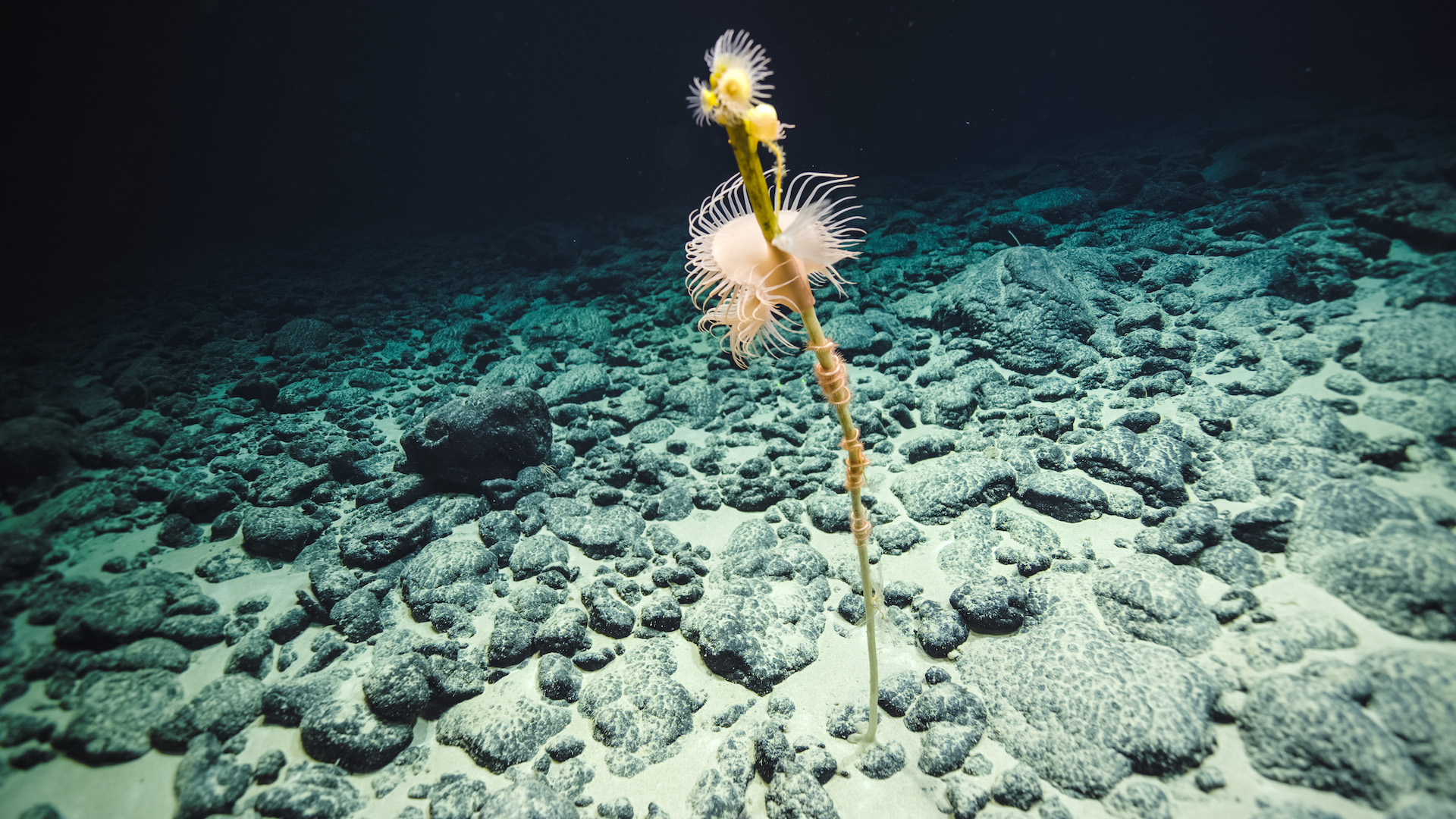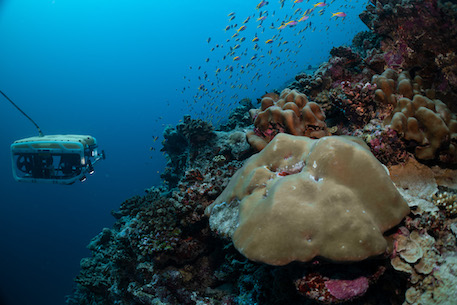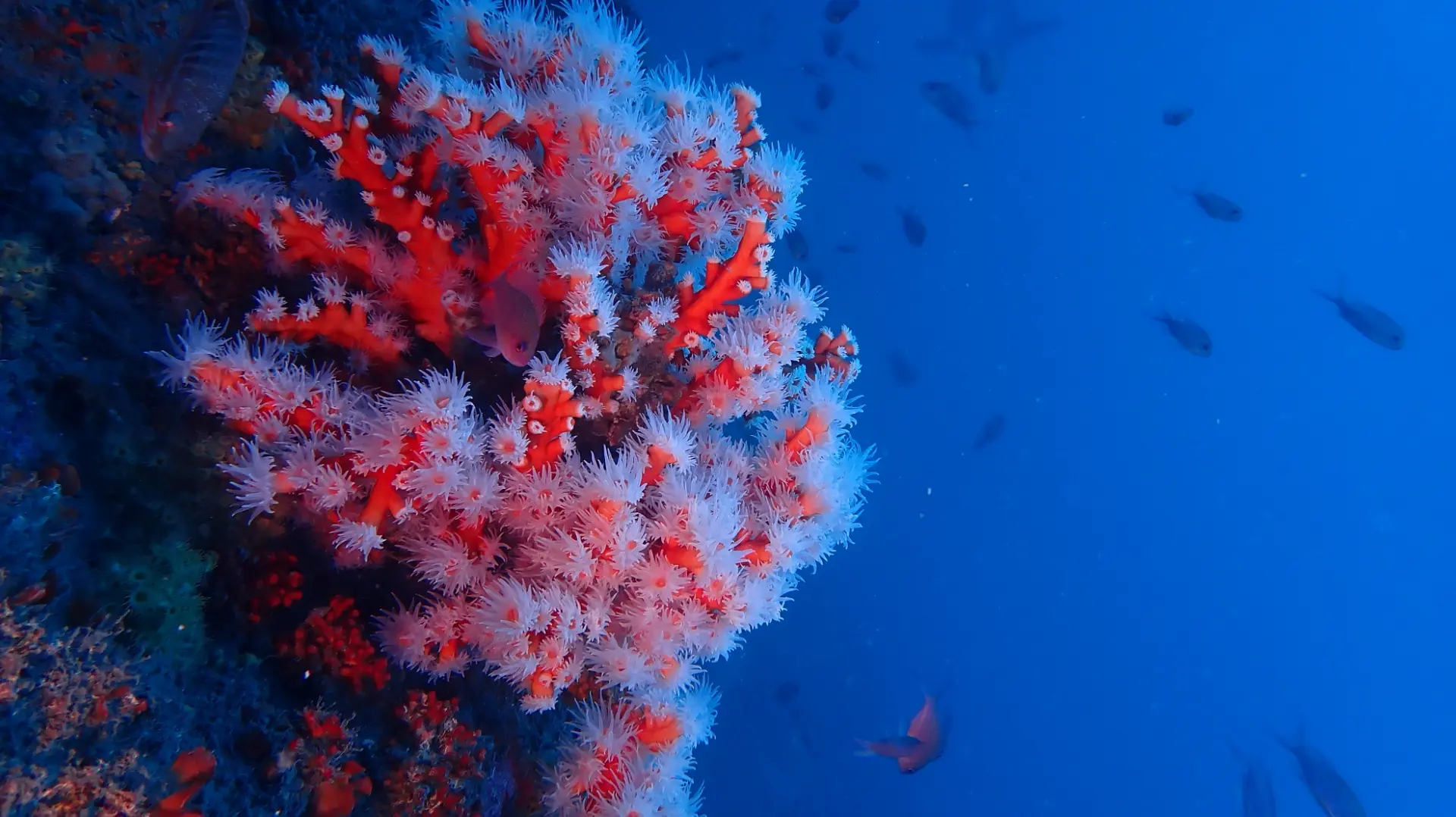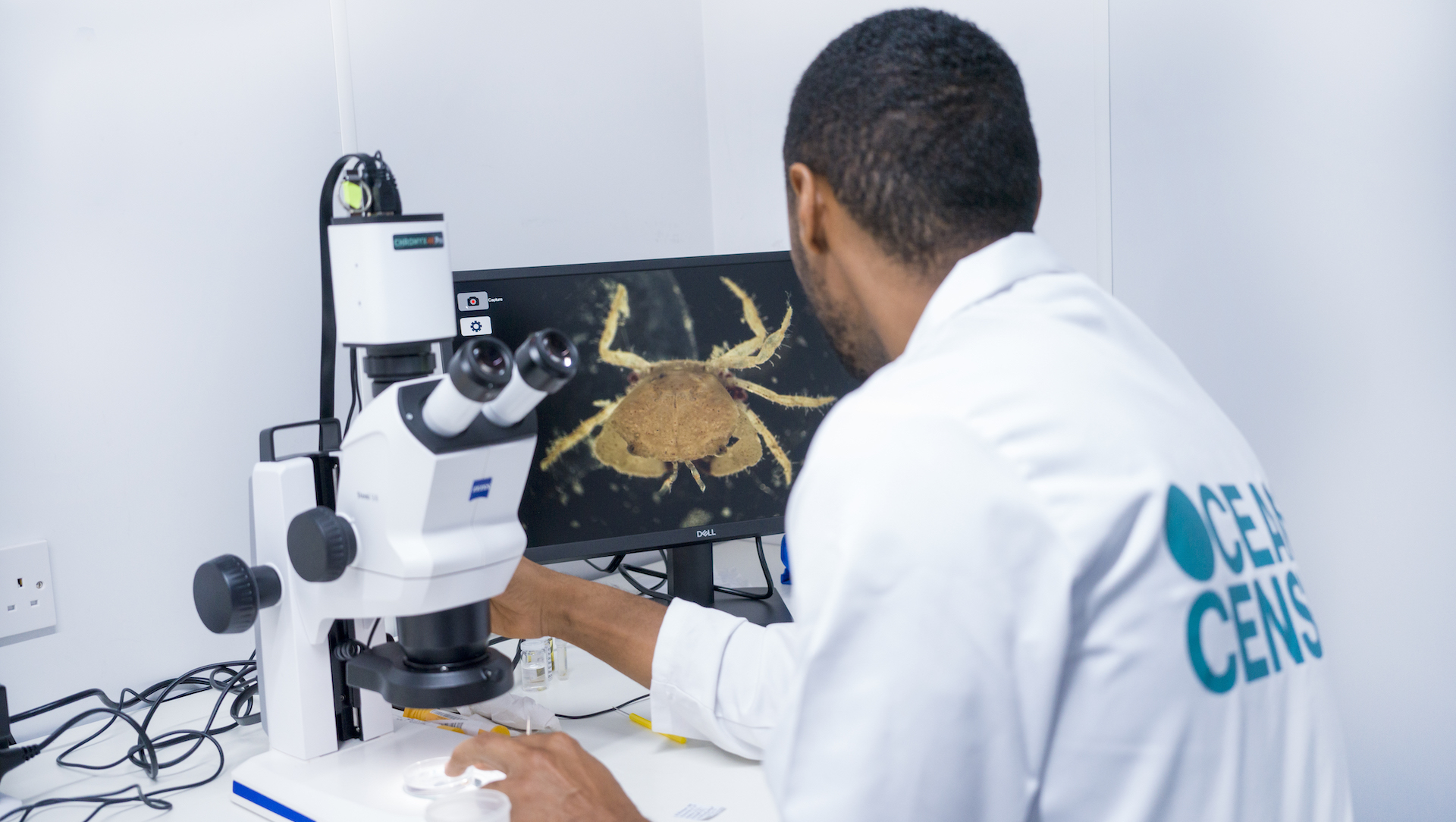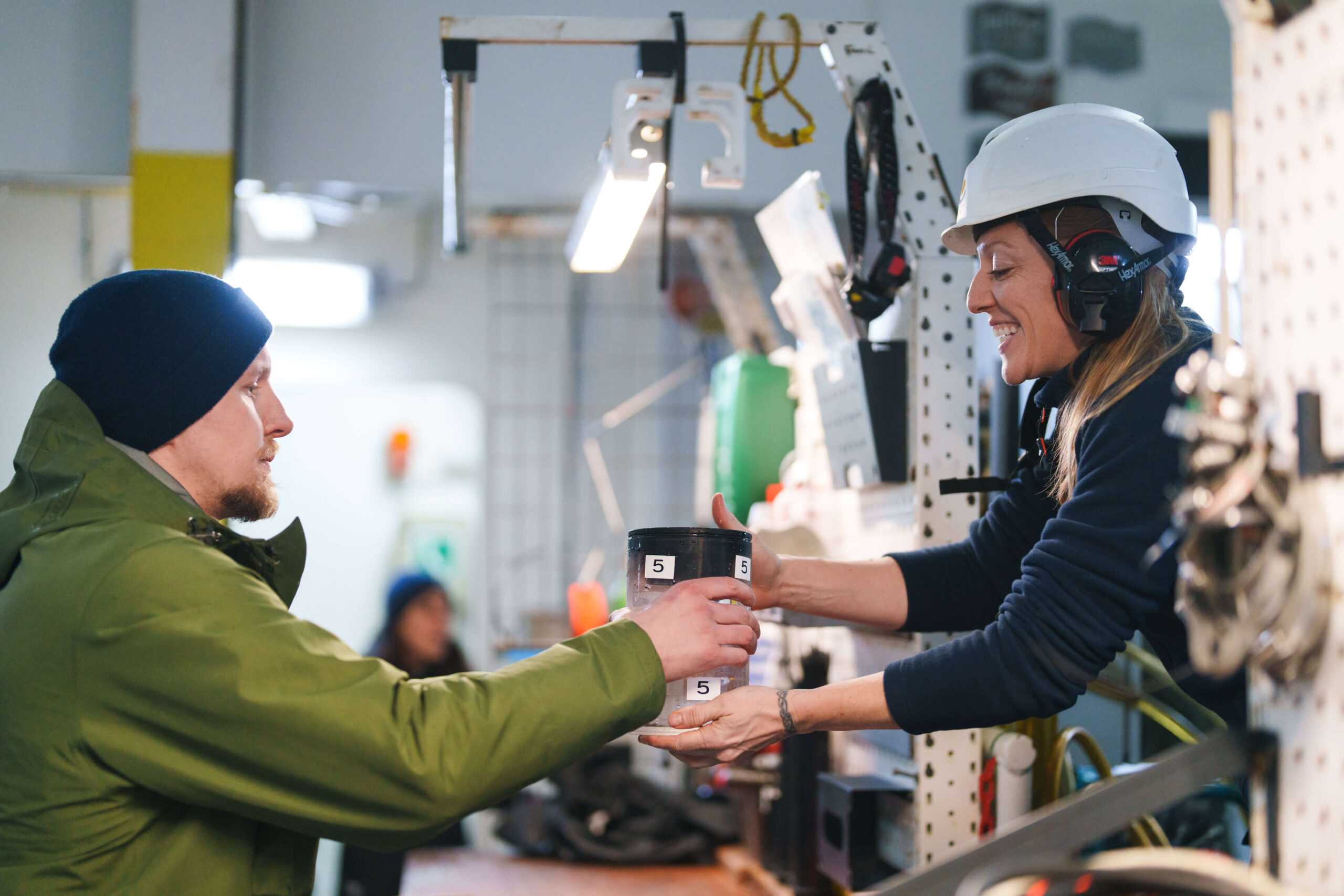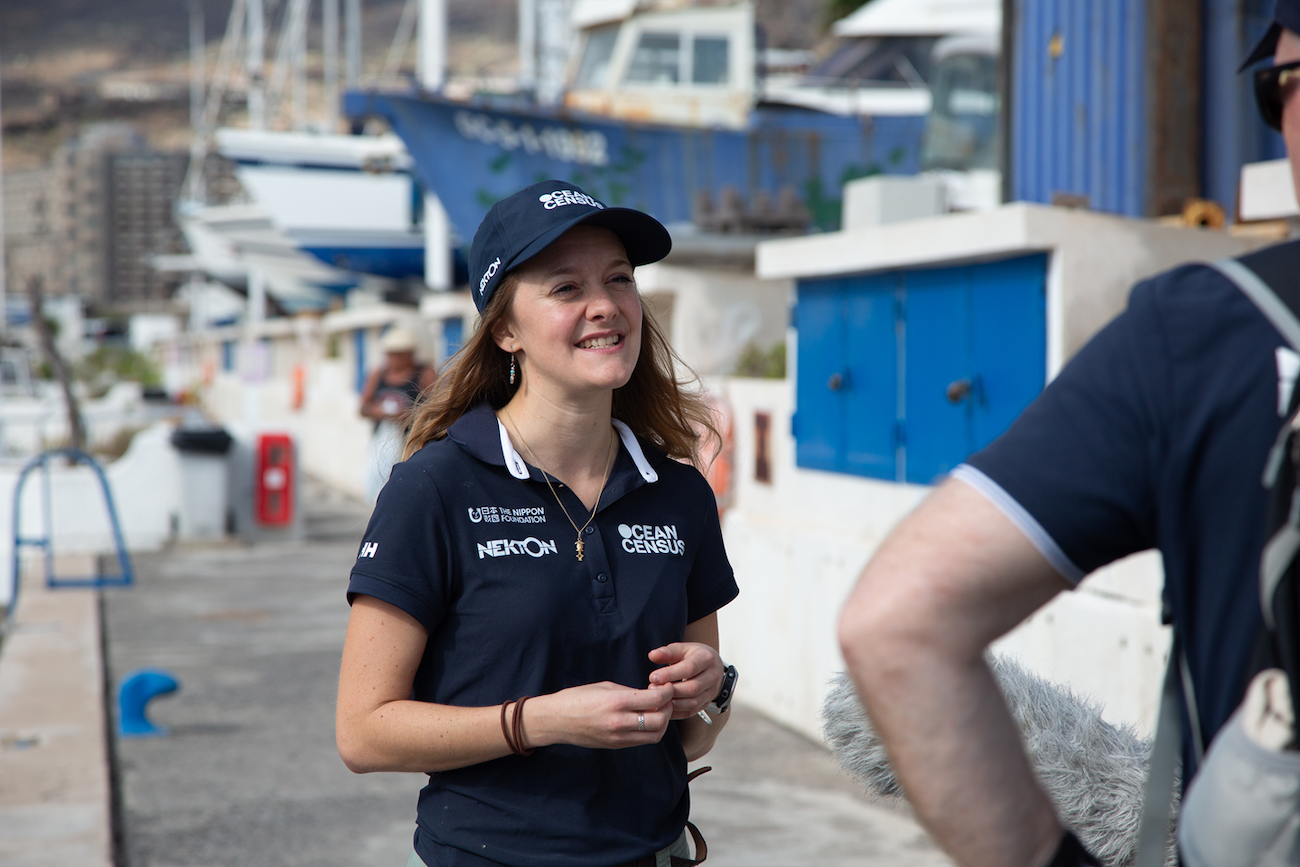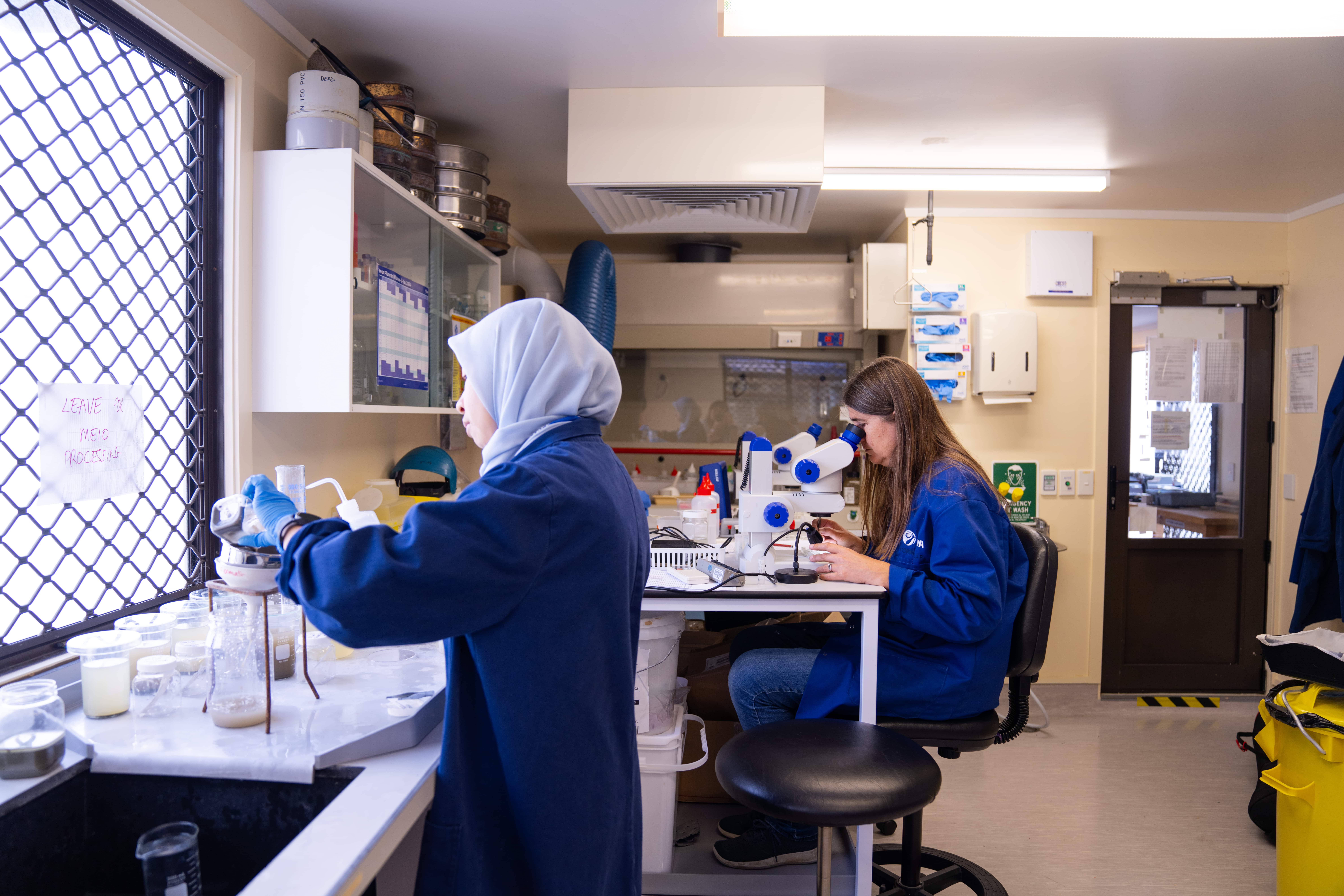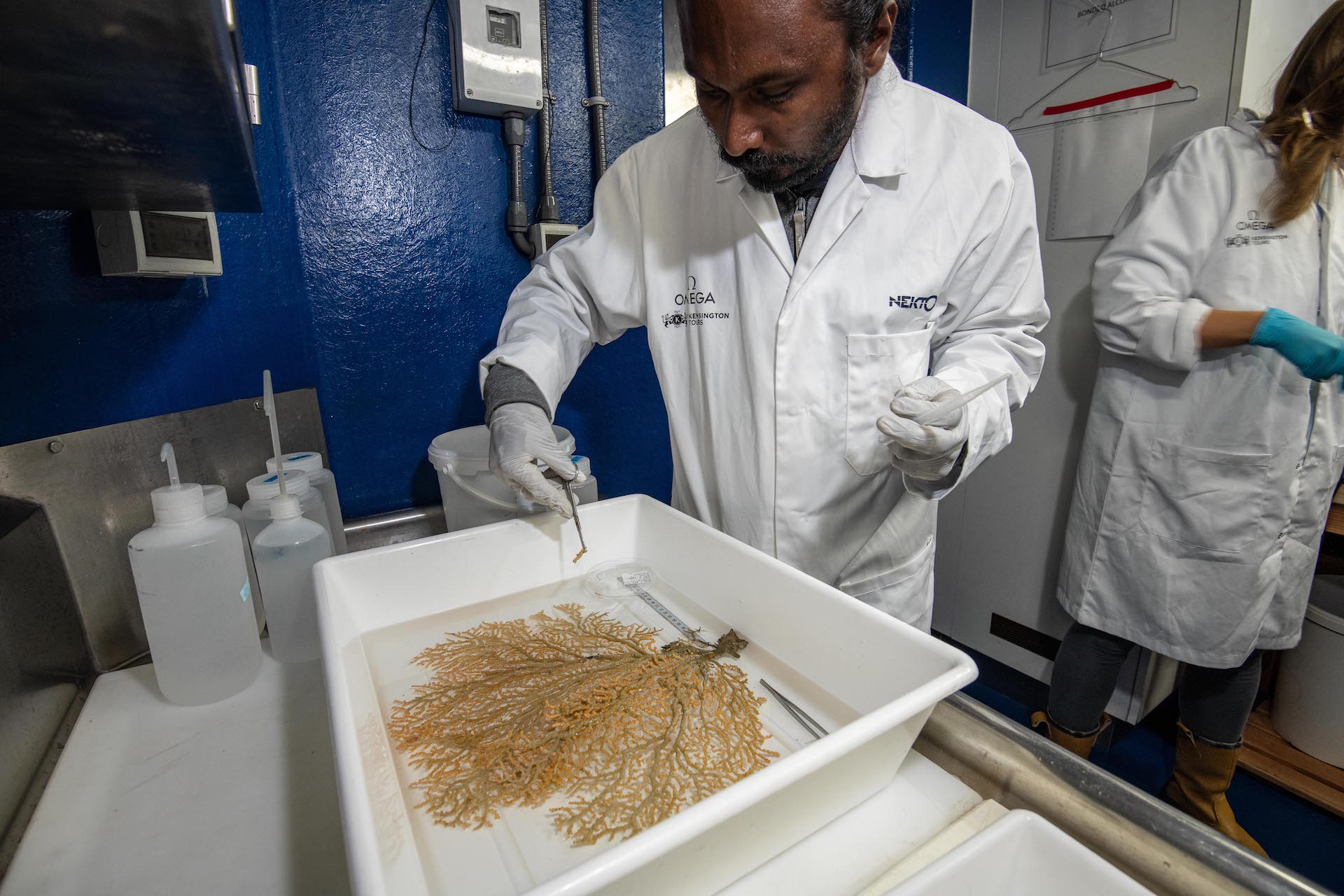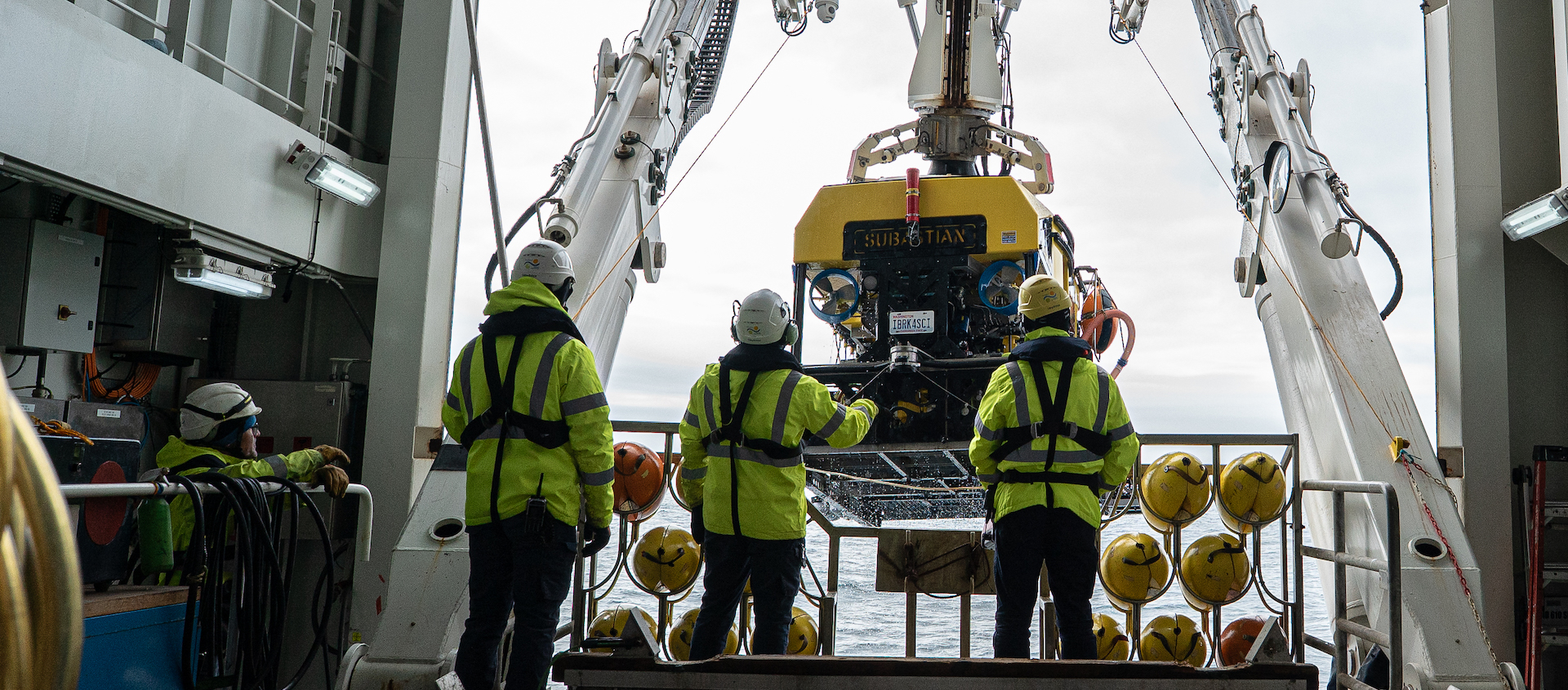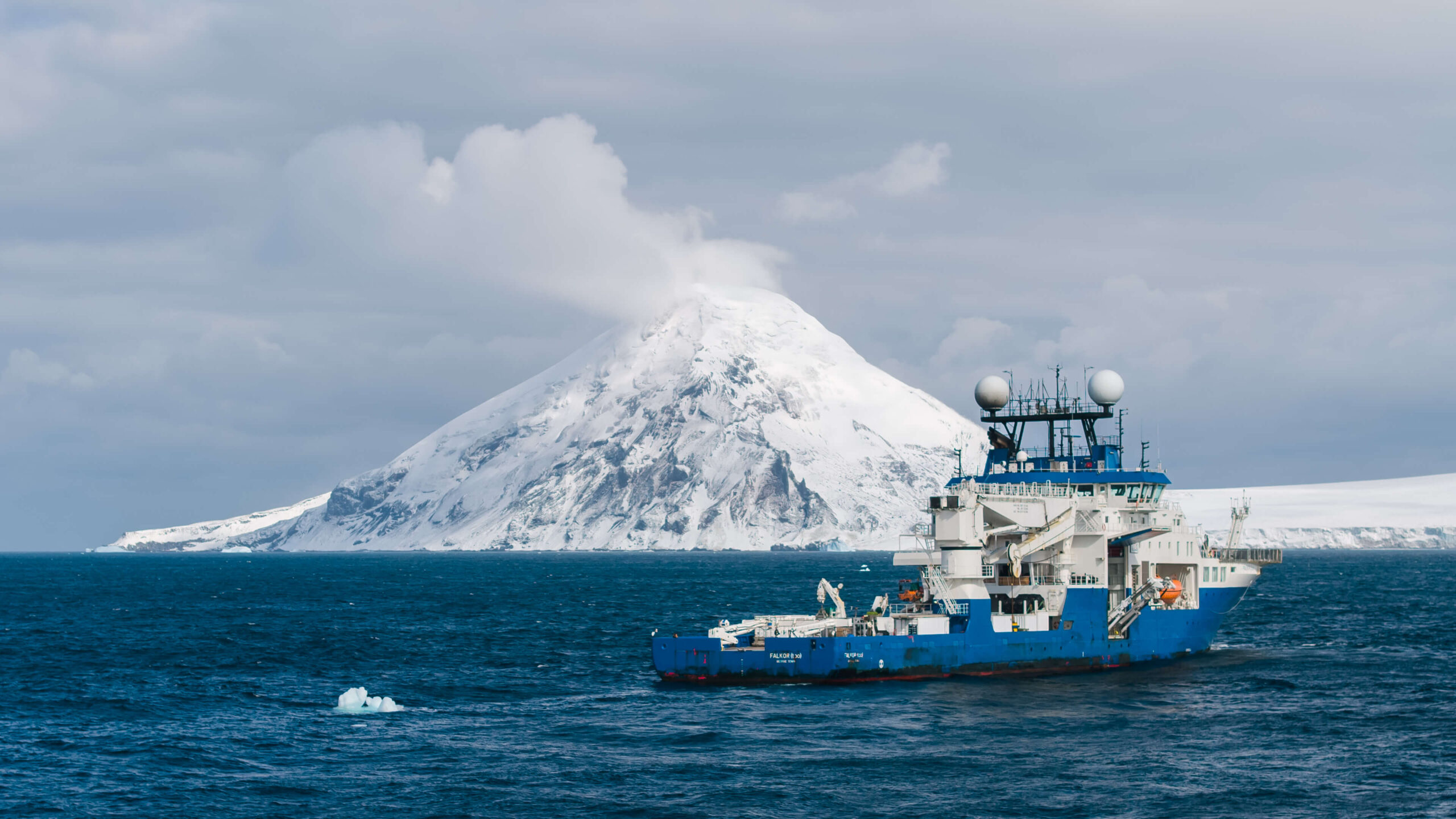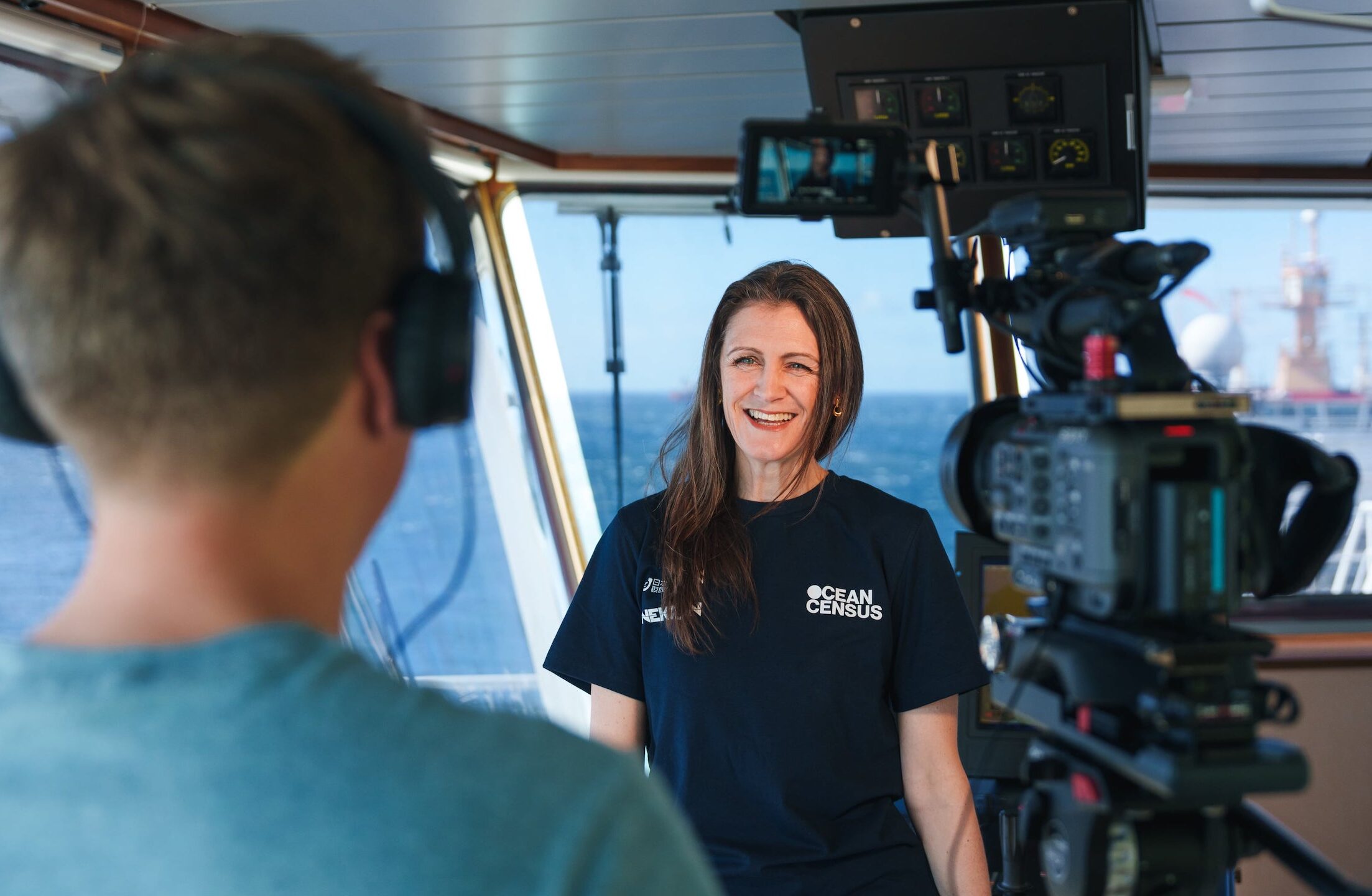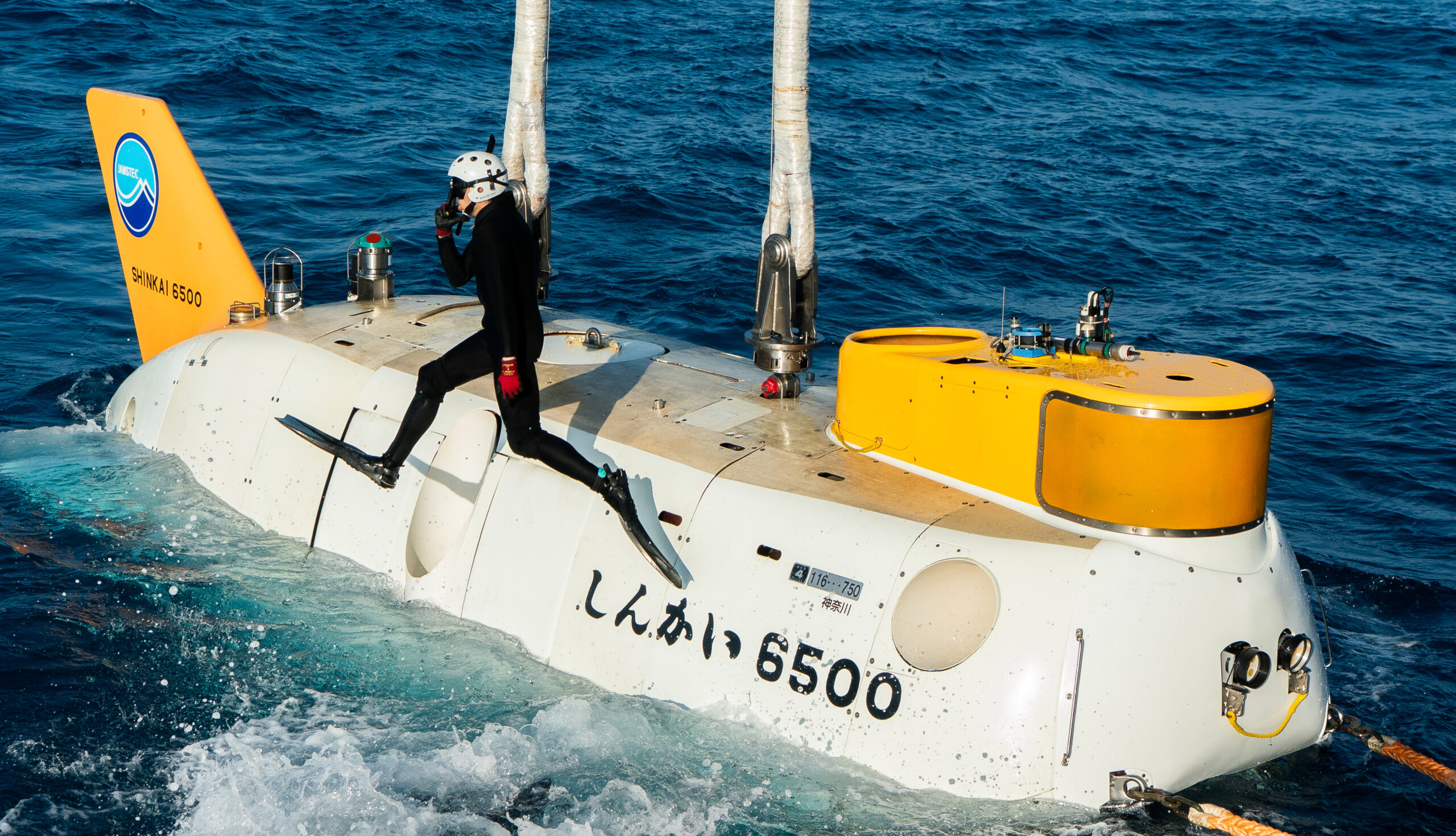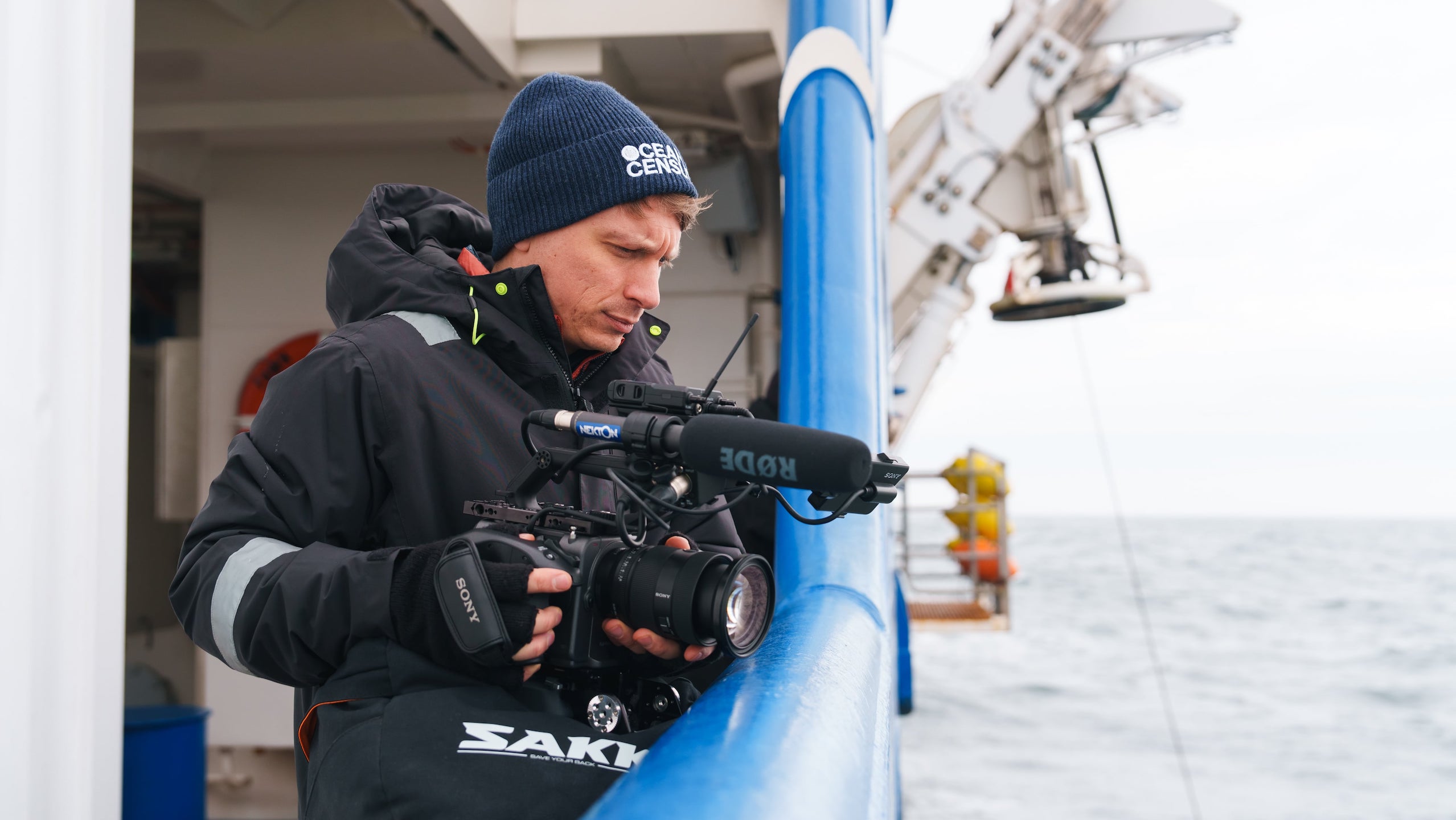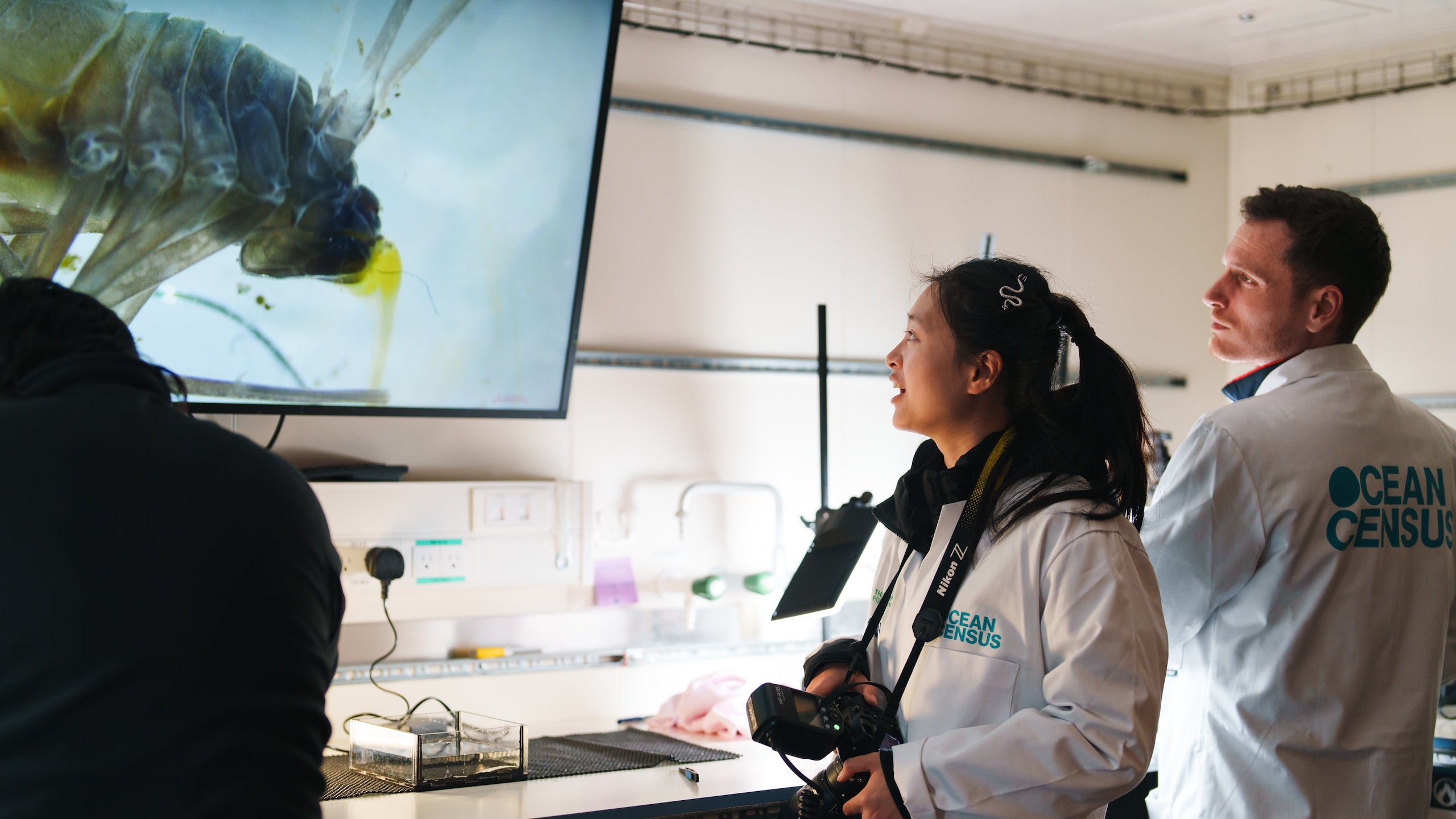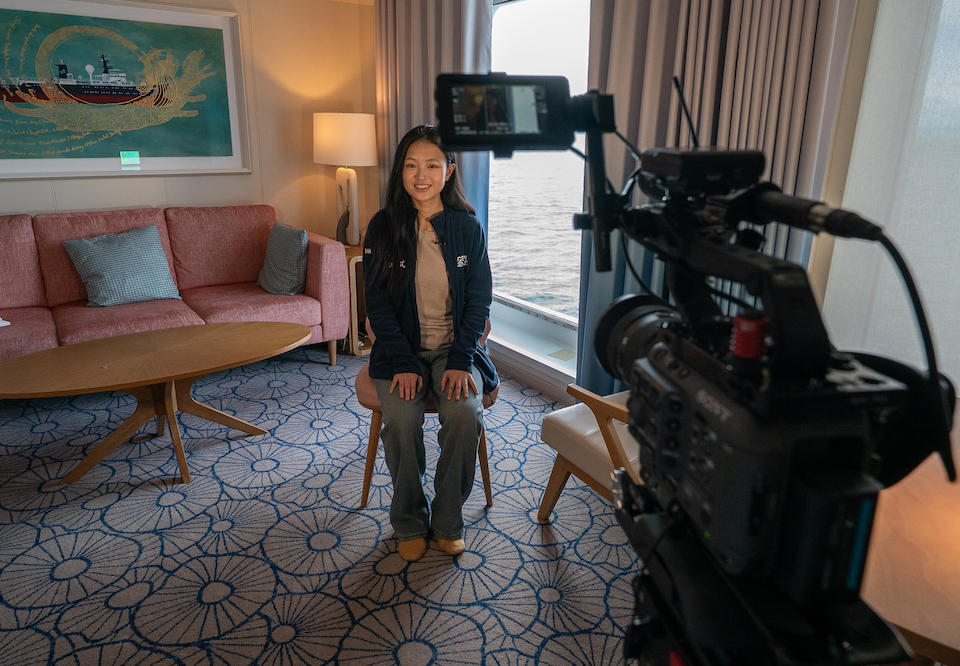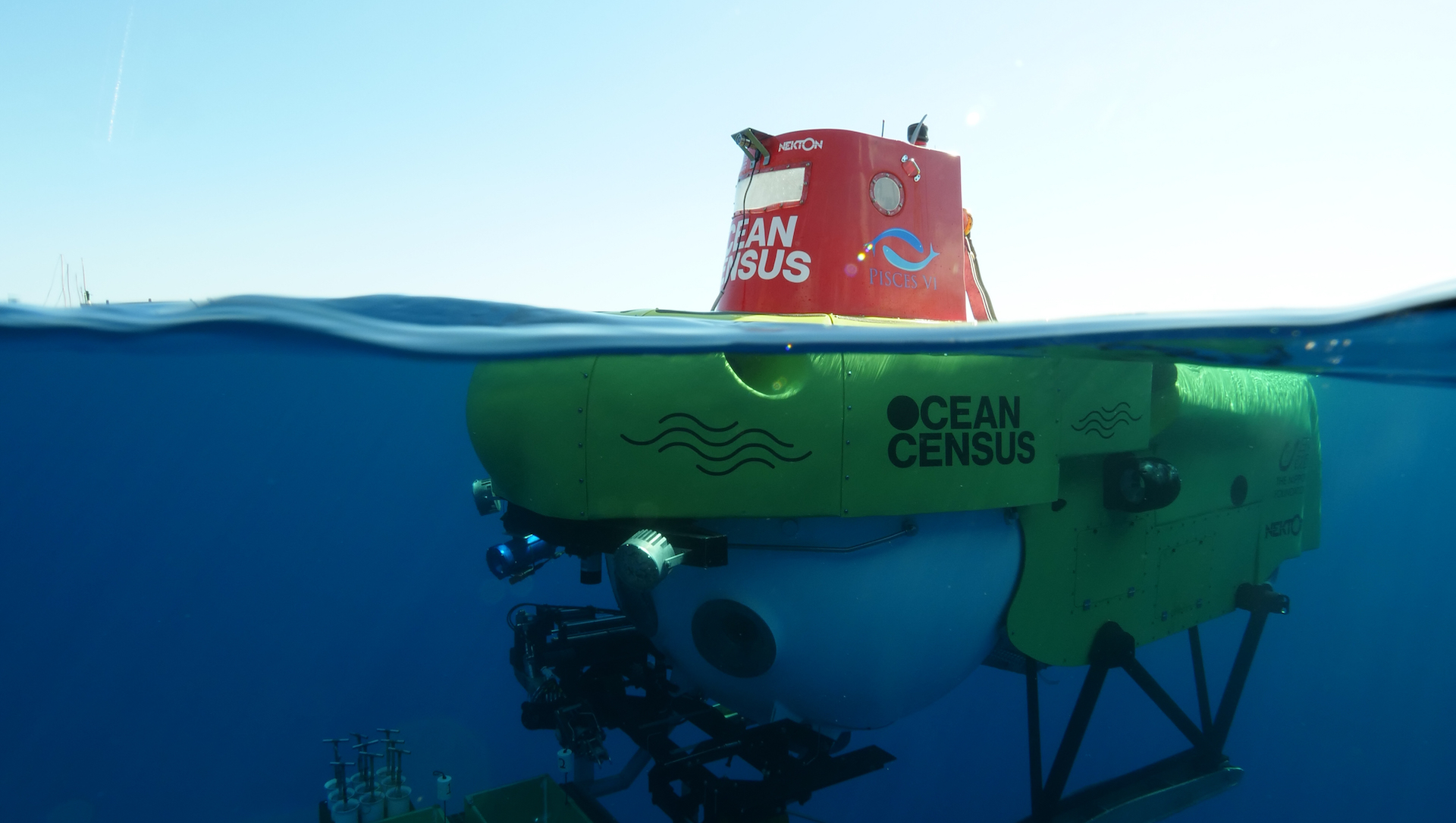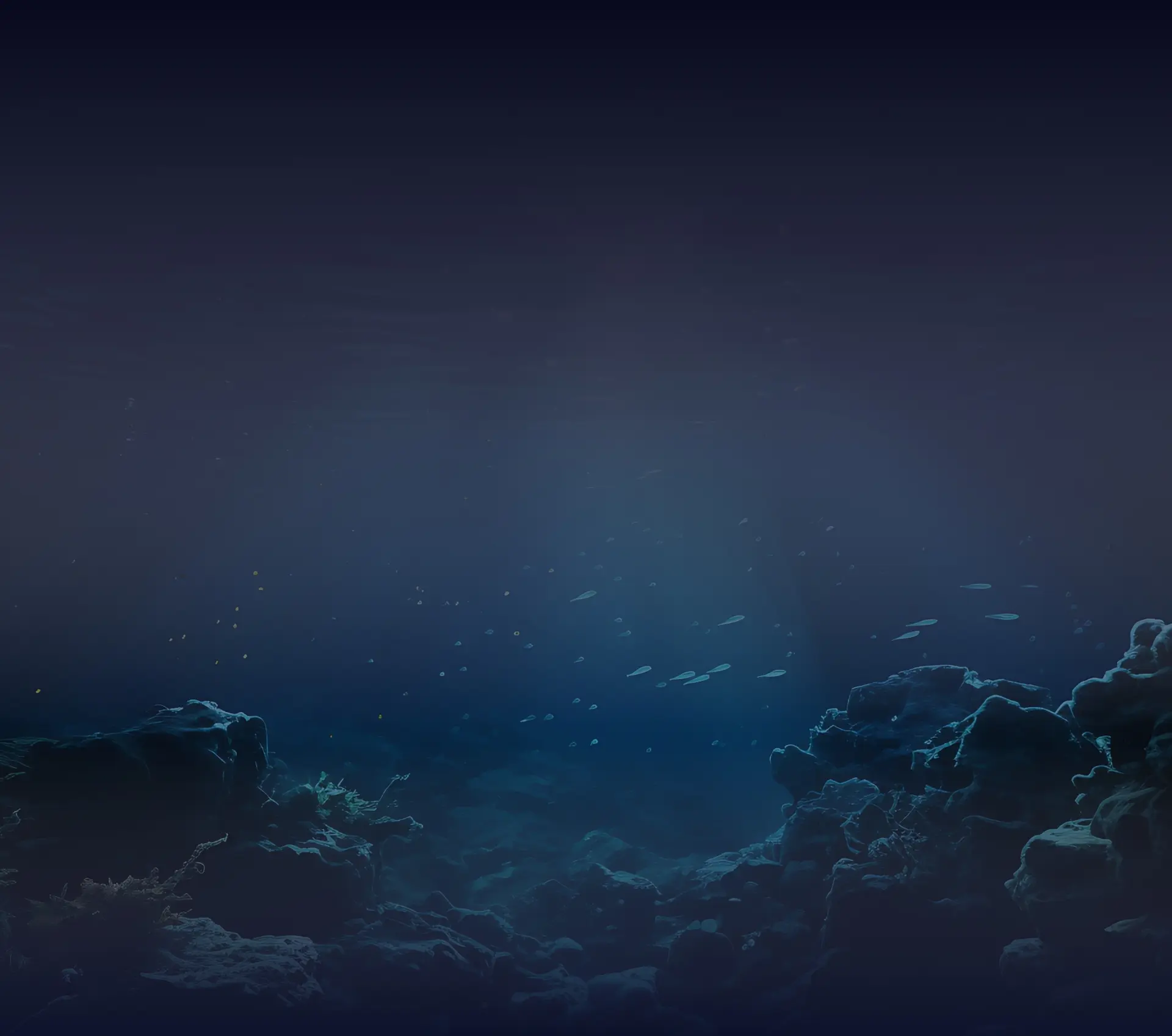
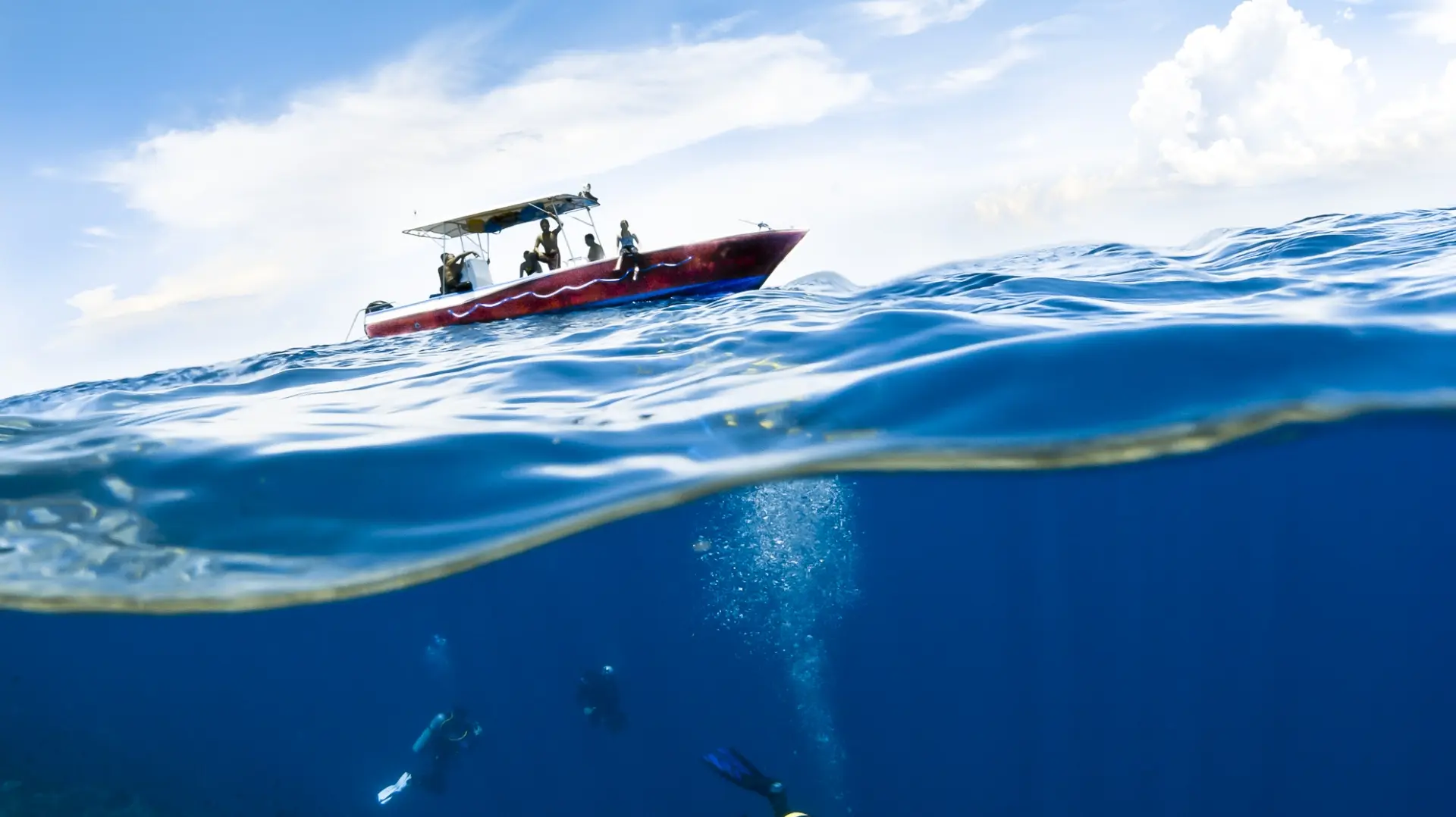
News
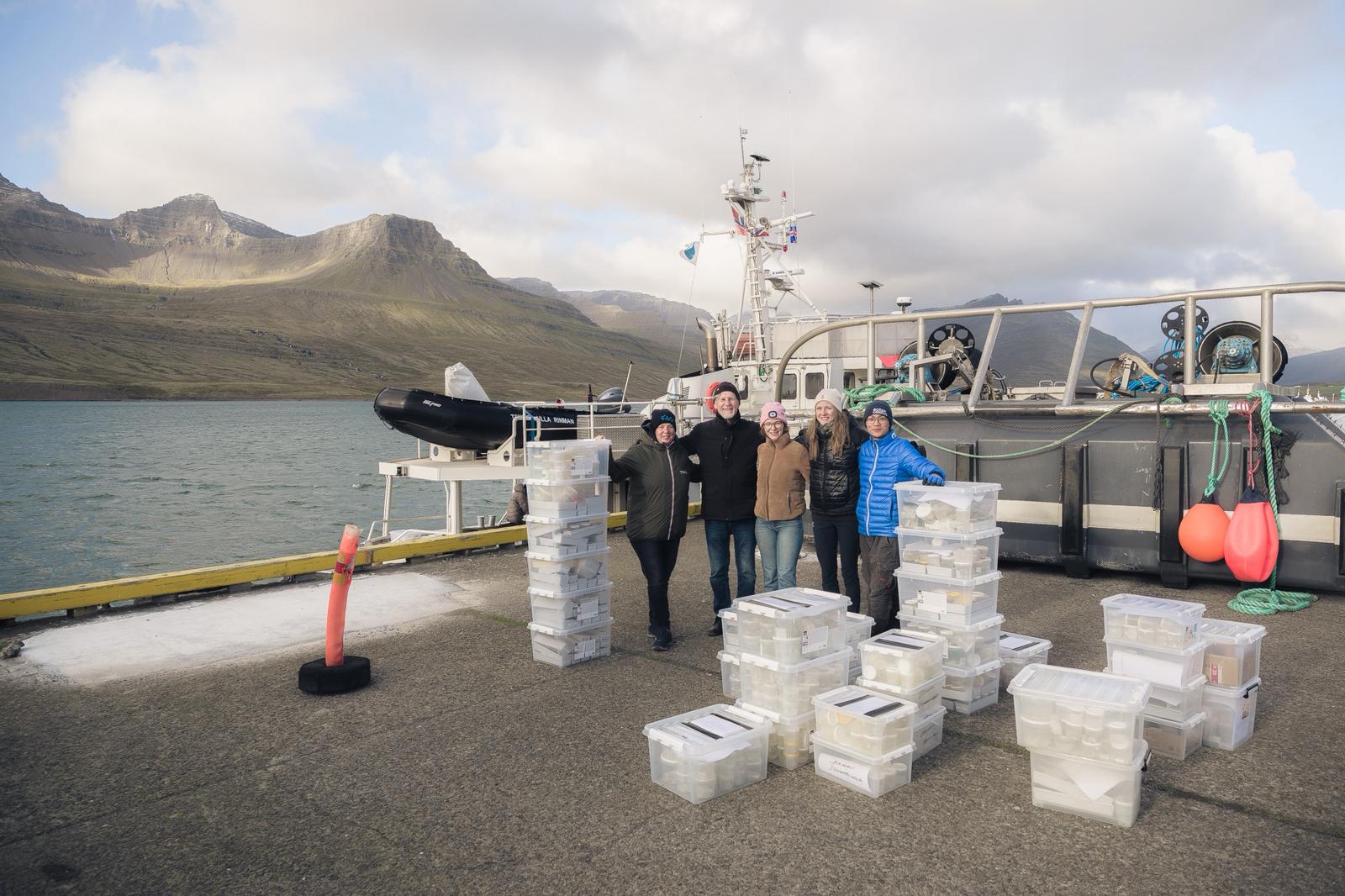
Small Creatures, Big Questions: Early-Career Taxonomists at the Isopod Species Discovery Workshop
In a bustling workshop room in Senckenberg am meer, the air hums with the soft excitement of species discovery. Here, early-career researchers from across the world, as well as mid-career to retired experts, have gathered for a species discovery workshop, united by a shared fascination of isopods.
19/02/26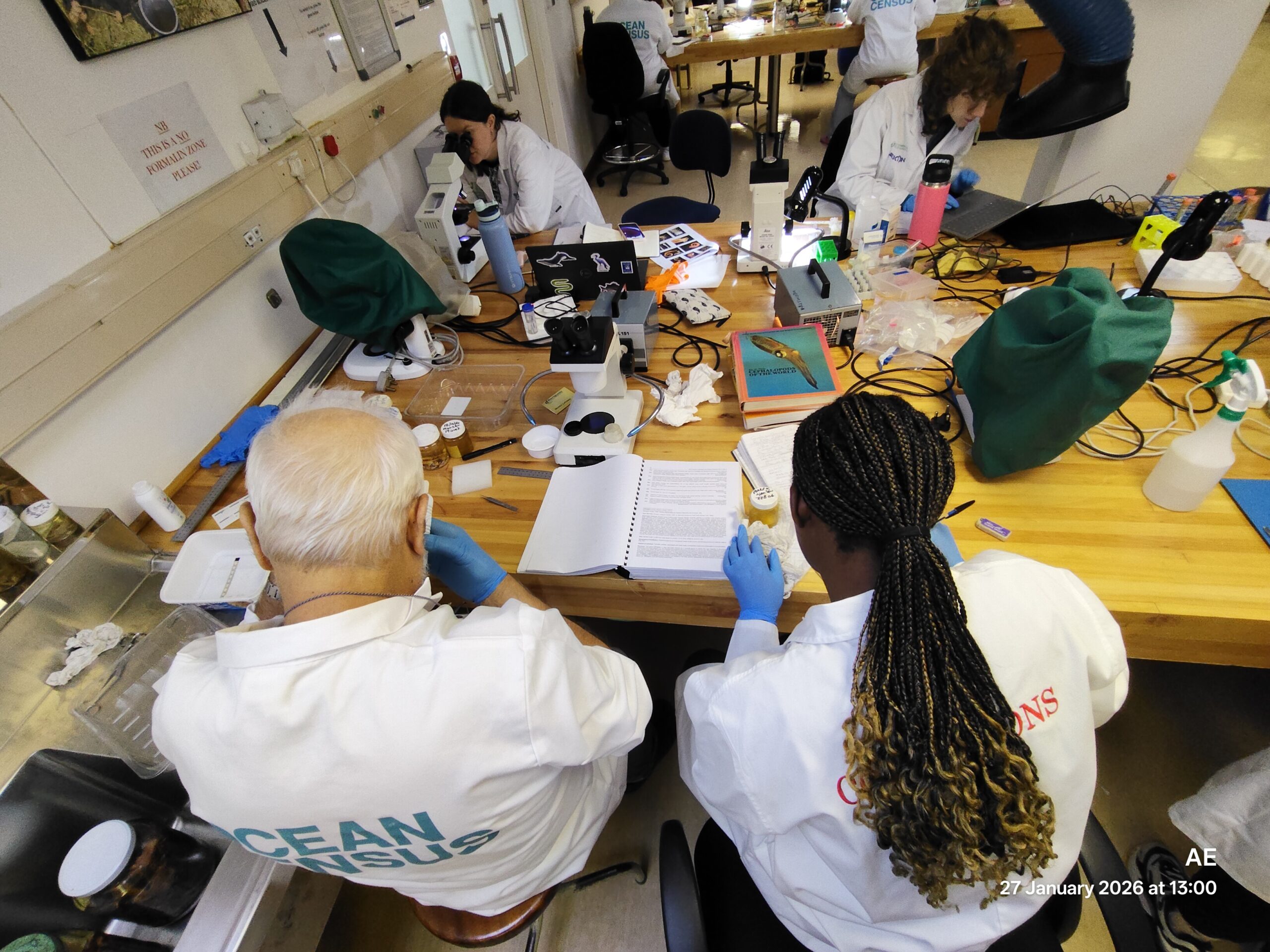
Supporting conservation through taxonomy: The Comoros Species Discovery Workshop
Building on the success of our co-founder Nekton’s First Descent: Comoros 2025 mission, this Species Discovery Workshop took place at the South African Institute for Aquatic Biodiversity (SAIAB) in Makhanda from January 26 to February 13, 2026.
13/02/26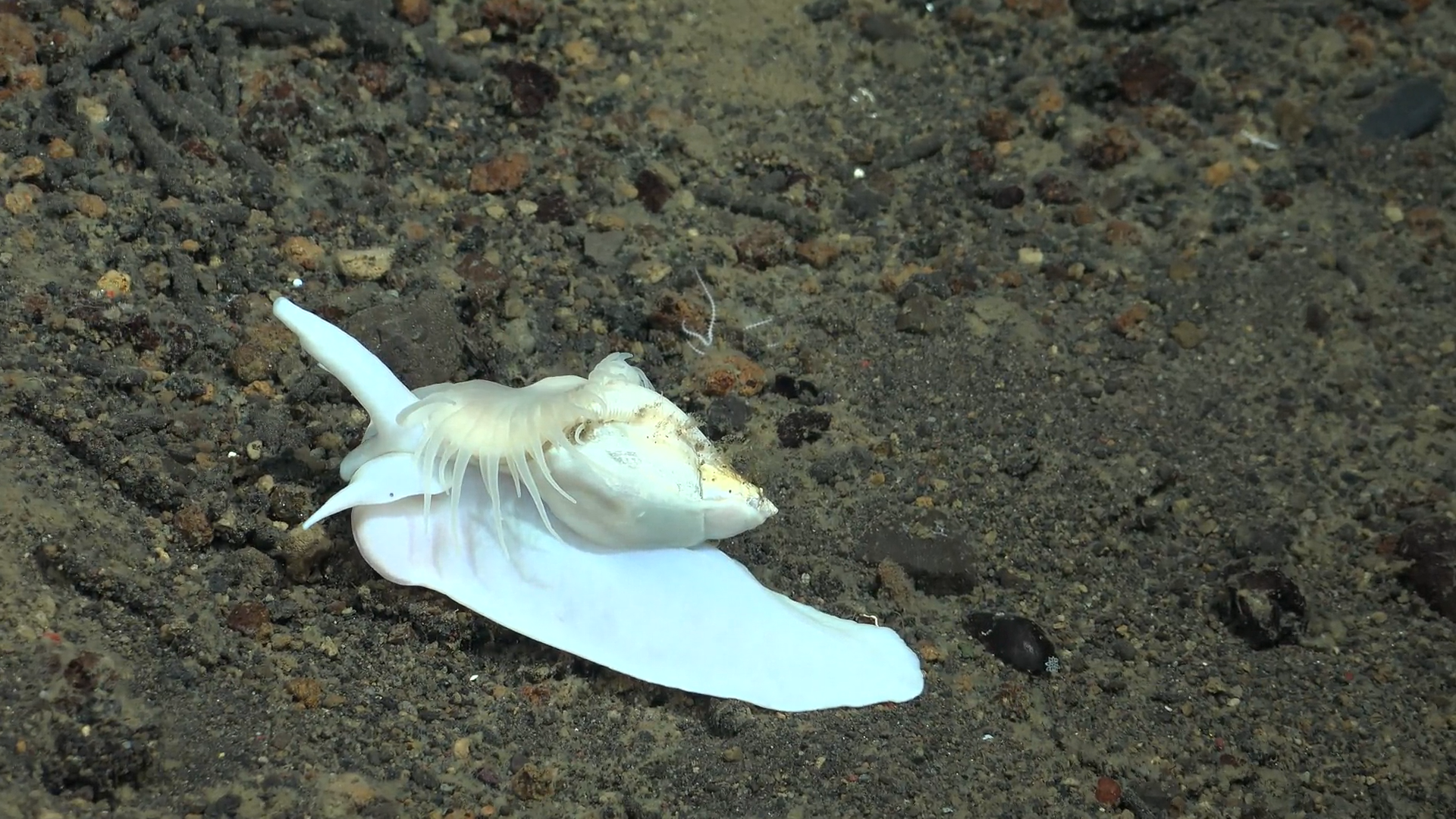
“The Perfect Pair” Symbiotic Relationships of the Deep Blue
They say that two is better than one, and for some marine species, living as a pair means that they are able to survive, adapt, and thrive in complex and often challenging underwater environments.
10/02/26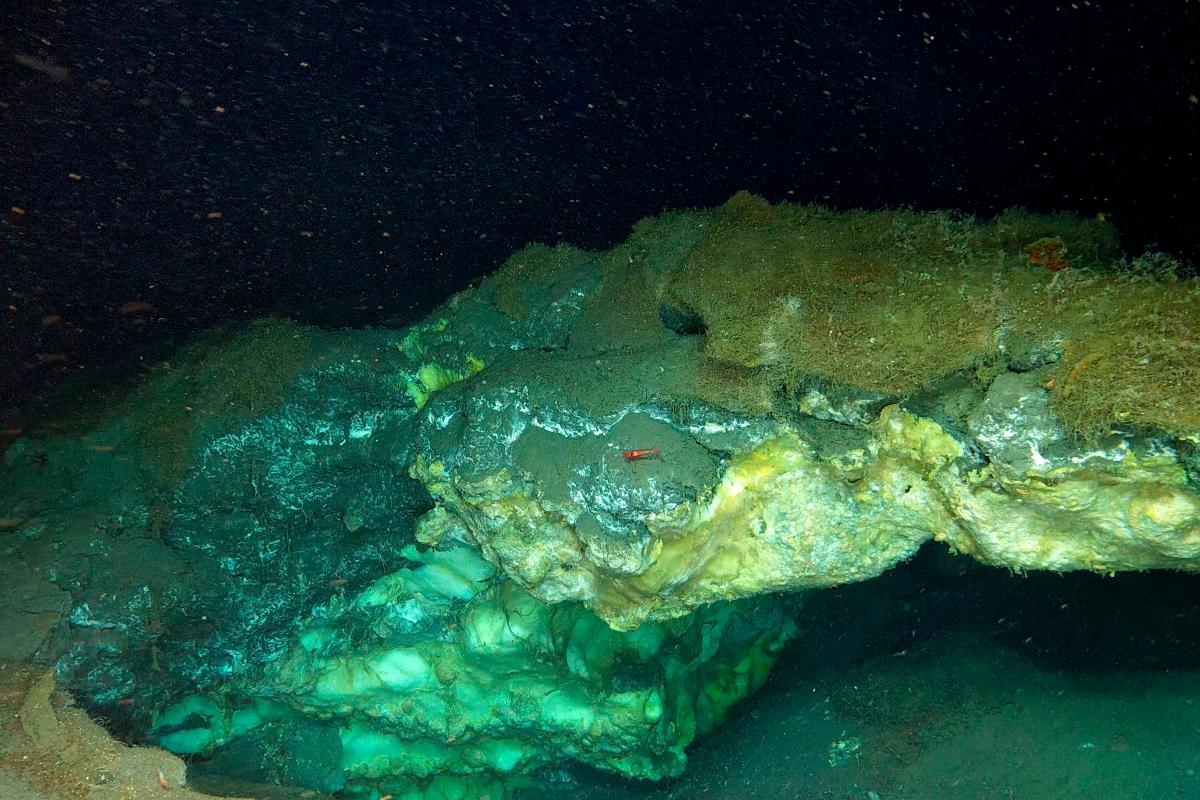
Deepest gas hydrate cold seep ever discovered during the Ocean Census Arctic Deep expedition
A team of international scientists from UiT (The Arctic University of Norway), have discovered the deepest known gas hydrate cold seep ever, located 3,640 metres below the surface on the Molloy Ridge in the Greenland Sea.
10/01/26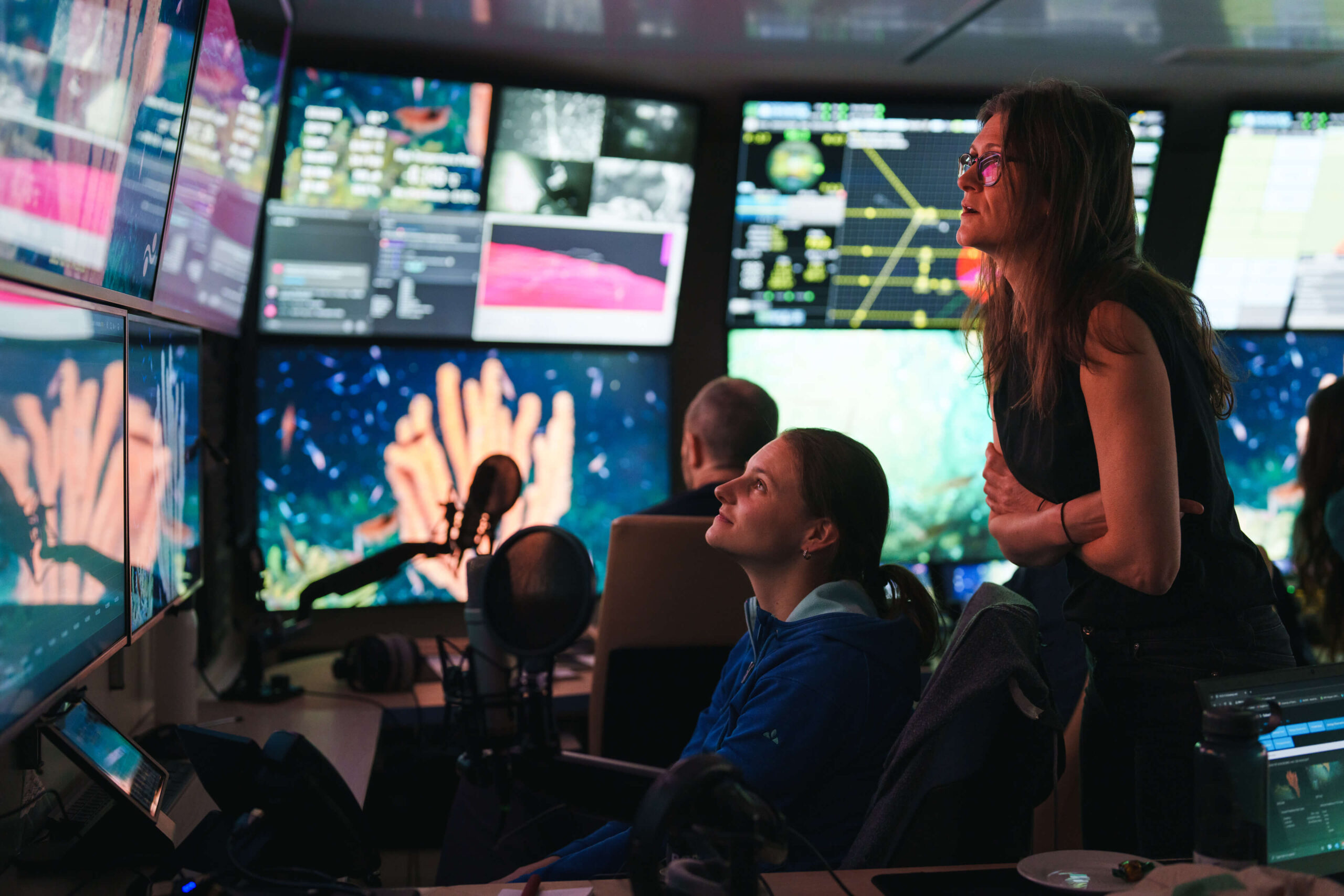
Our Top 12 highlights from the Ocean Census in 2025
In 2025, the Ocean Census achieved exciting milestones in advancing the understanding and discovery of marine biodiversity.
05/01/26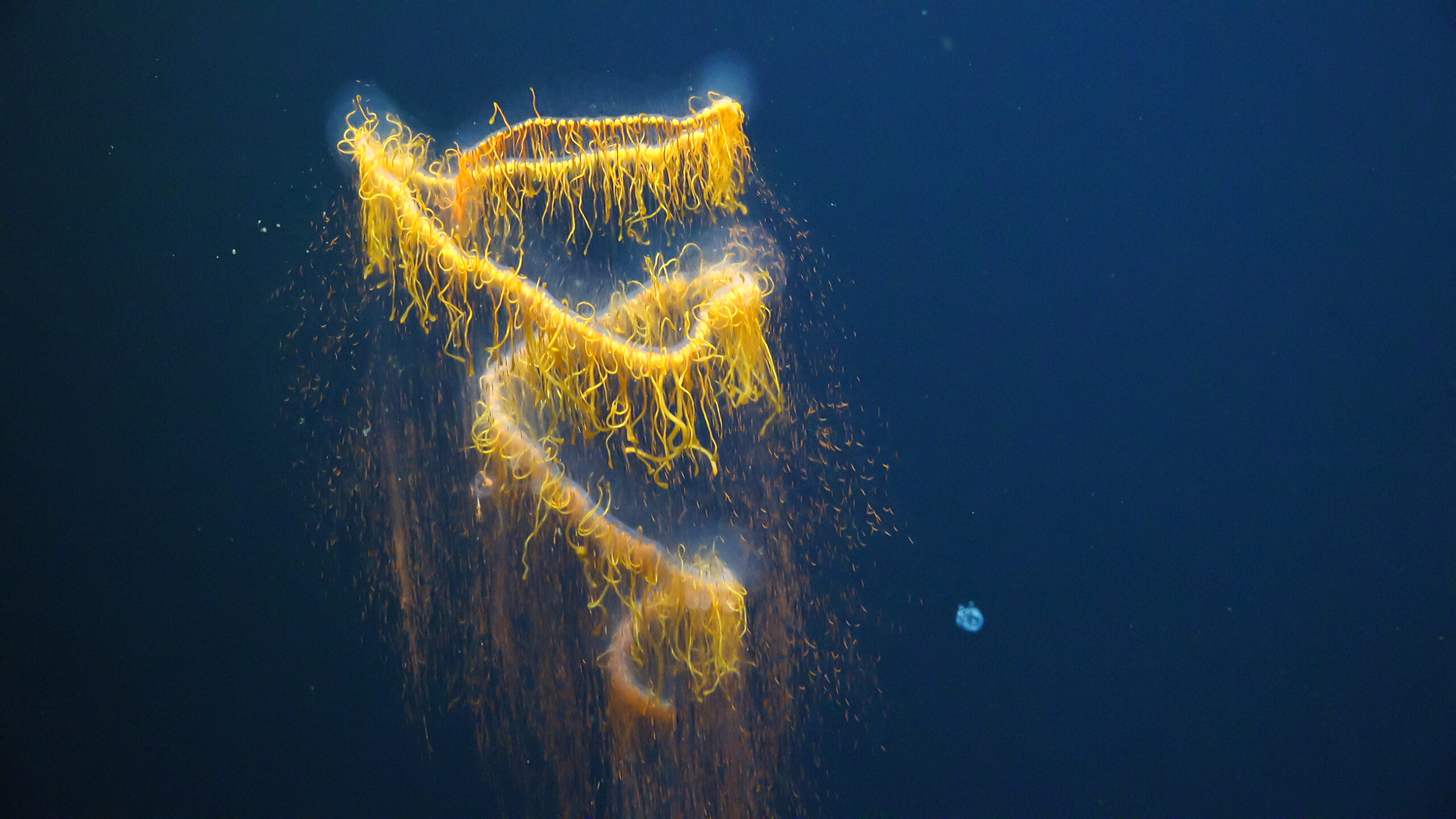
Tis’ the SEAson: 12 Christmas Inspired Marine Species
In the spirit of the “Twelve Days of Christmas,” we’ve gathered twelve remarkable marine species whose colours, shapes, and surprising behaviors capture the wonder of the season.
17/12/25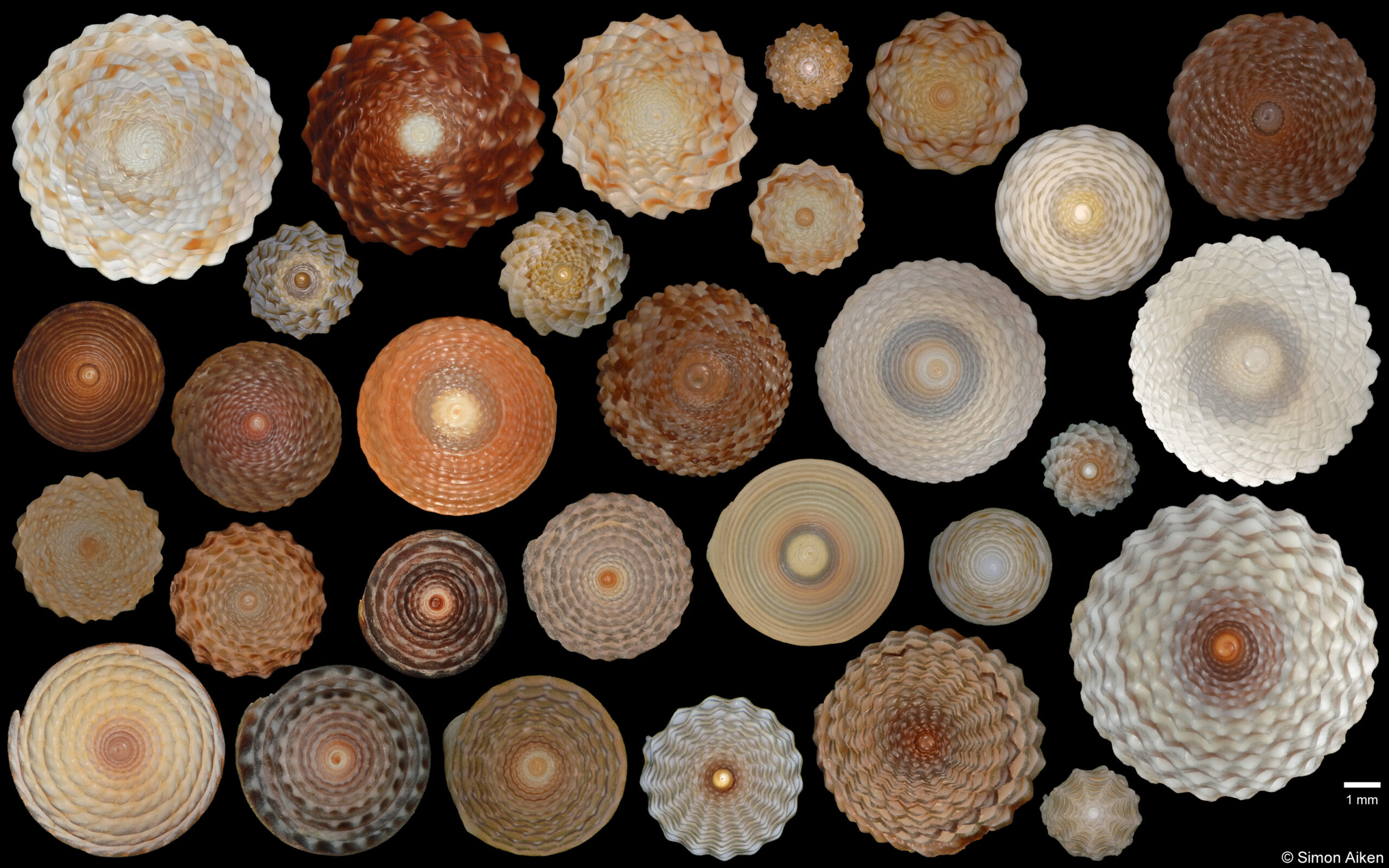
67 new auger snail species discovered by Belgian conchologist, Yves Terryn: A milestone in Terebridae taxonomy
The Ocean Census is proud to celebrate the extraordinary achievement of Belgian conchologist Yves Terryn, who has discovered 67 new species of auger snails (family Terebridae) through work supported by the Ocean Census Species Discovery Awards.
15/12/25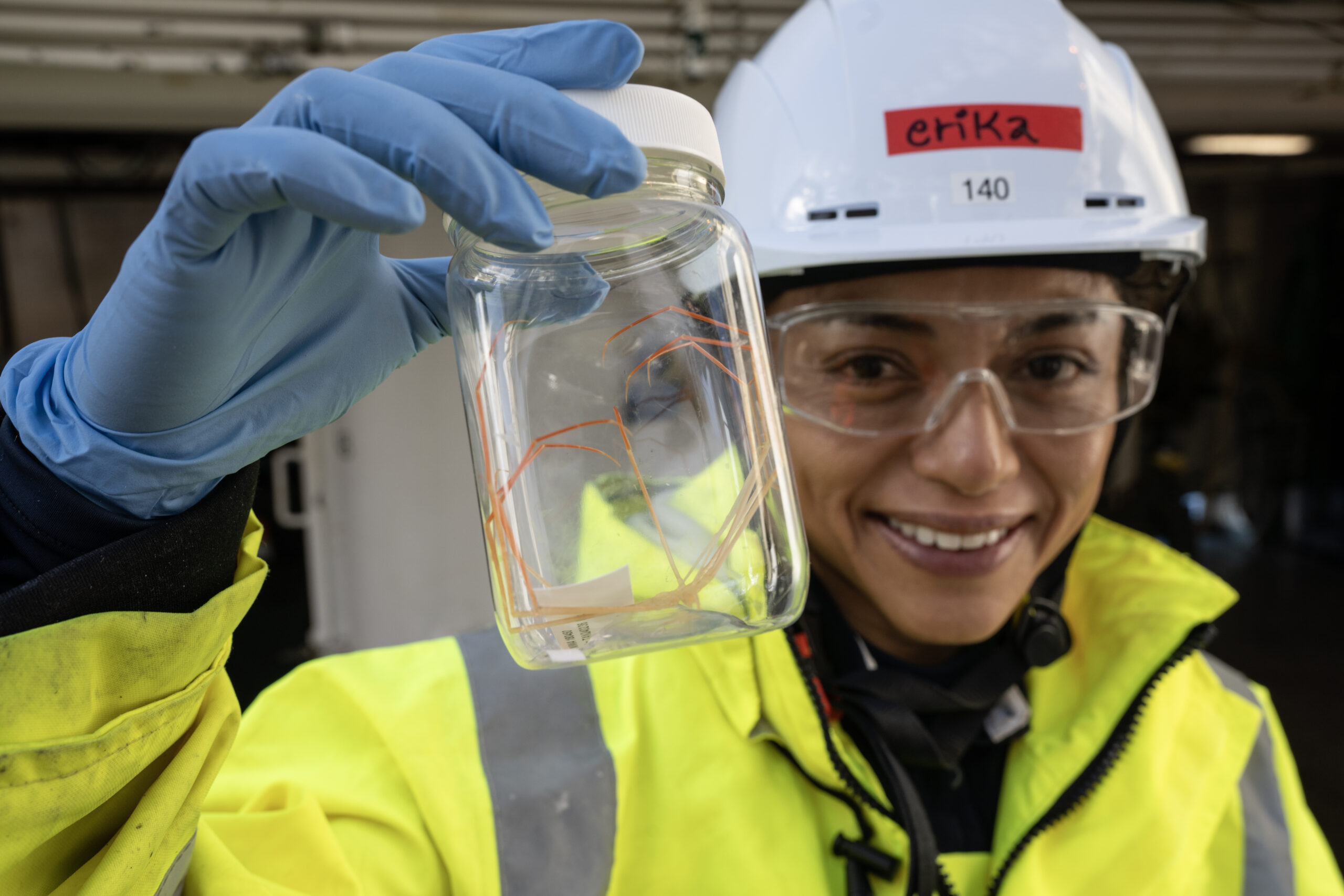
The Ocean Census funds a further six taxonomists from the Species Discovery Awards 2025
The Ocean Census are supporting an additional 6 taxonomists in their crucial work of discovering new species through the Ocean Census Awards.
12/12/25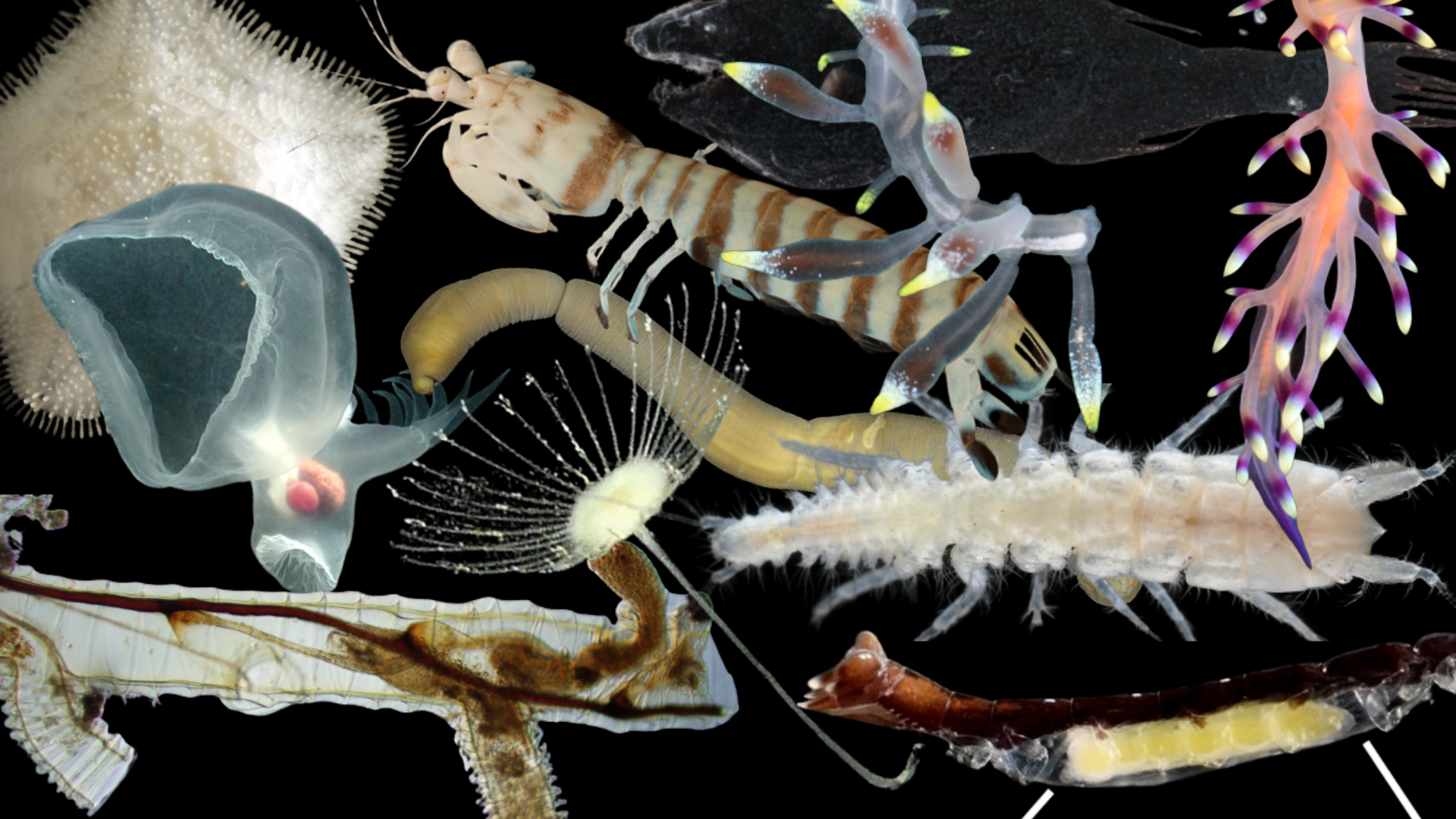
Nominations are open for the WoRMS Top Ten Marine Species of 2025
WoRMS Top Ten Marine Species of 2025 is now open for nominations - it's time to submit your species.
11/12/25Expedition
Spotlight
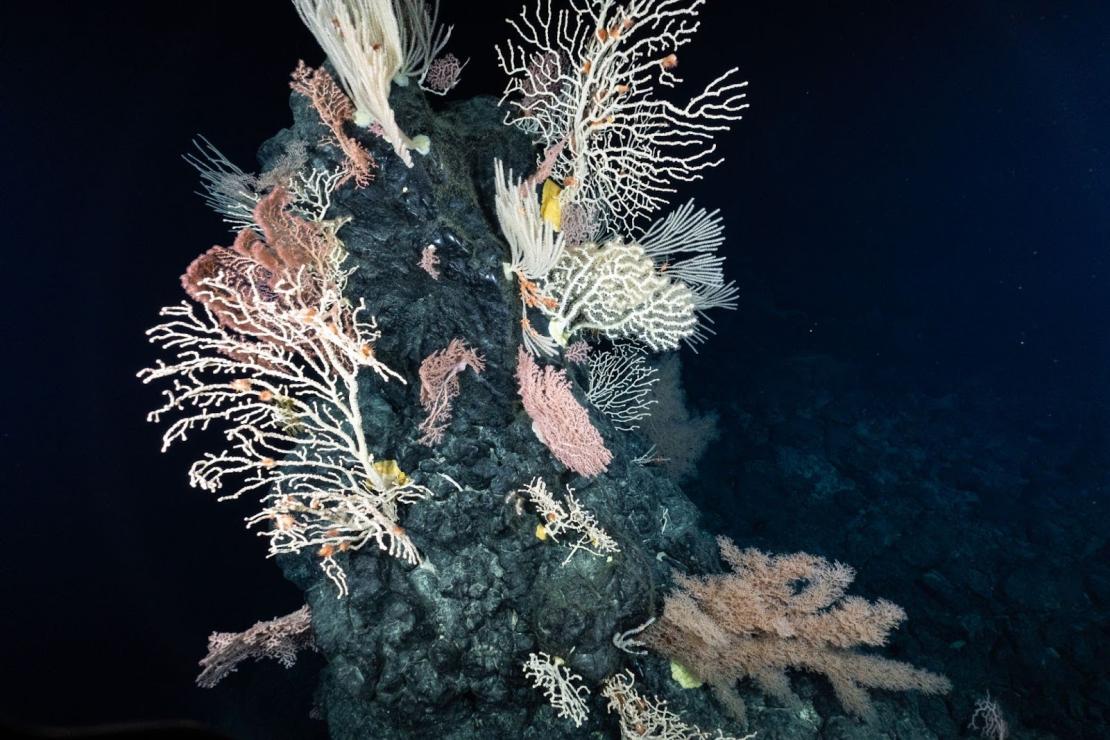
Marshall Islands
27 July – 17 August 2025
The Ocean Census is joining the Ocean Exploration Trust on it’s Marshall Islands Expedition to explore biodiverse deep-sea habitats.
Join the census
The Ocean Census Alliance unites national and philanthropic marine institutes, museums, and universities, backed by governments, philanthropy, business and civil society partners.
